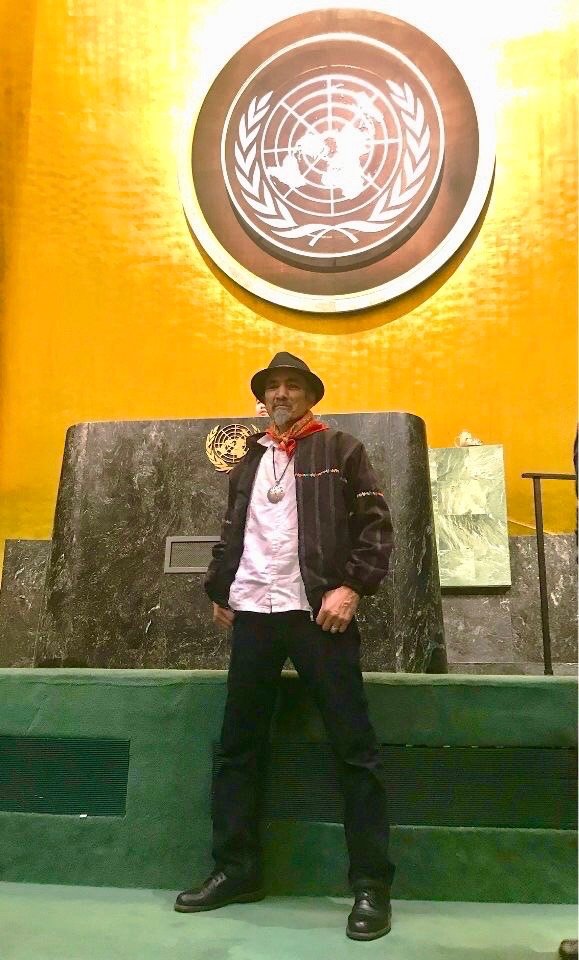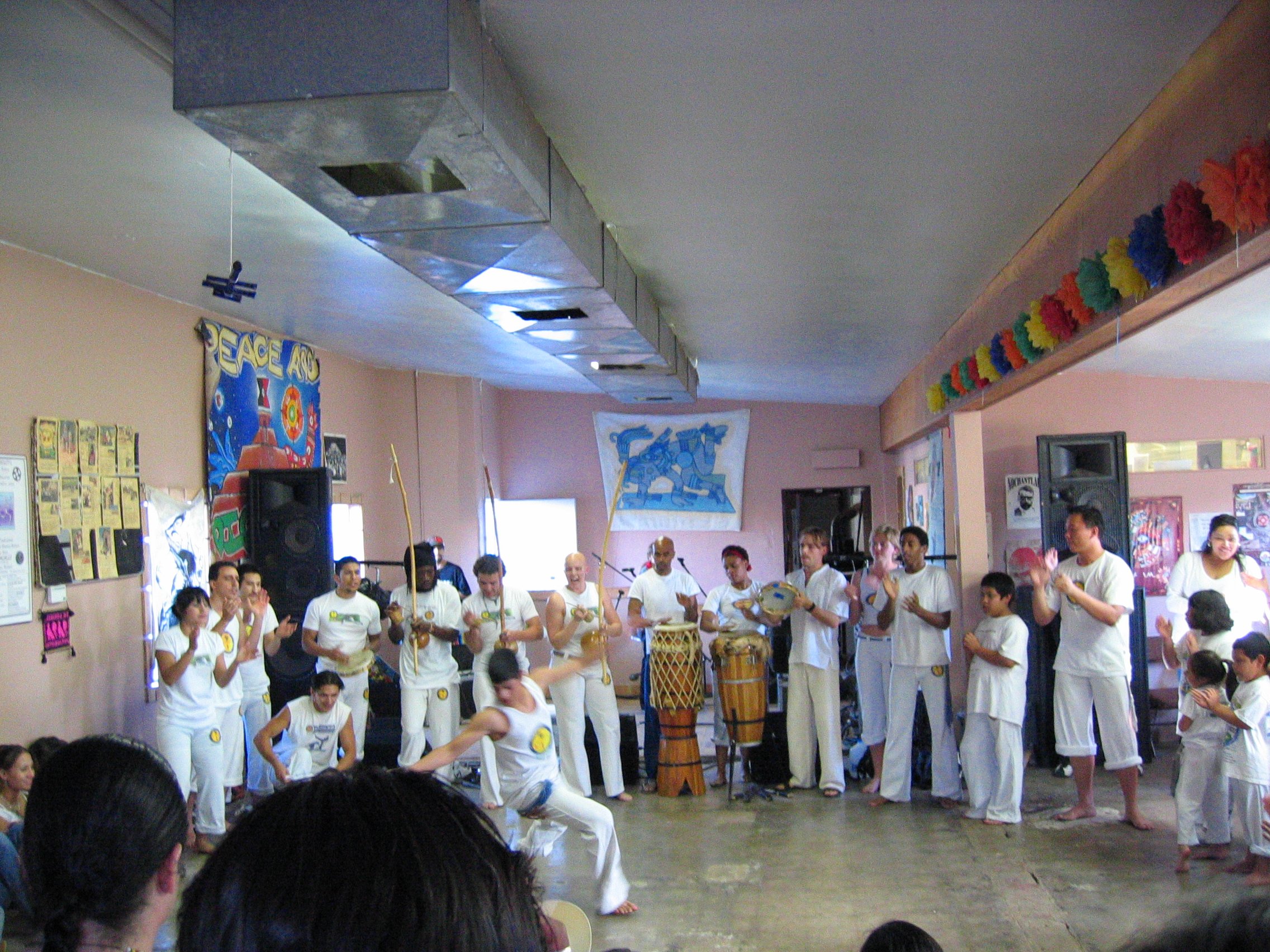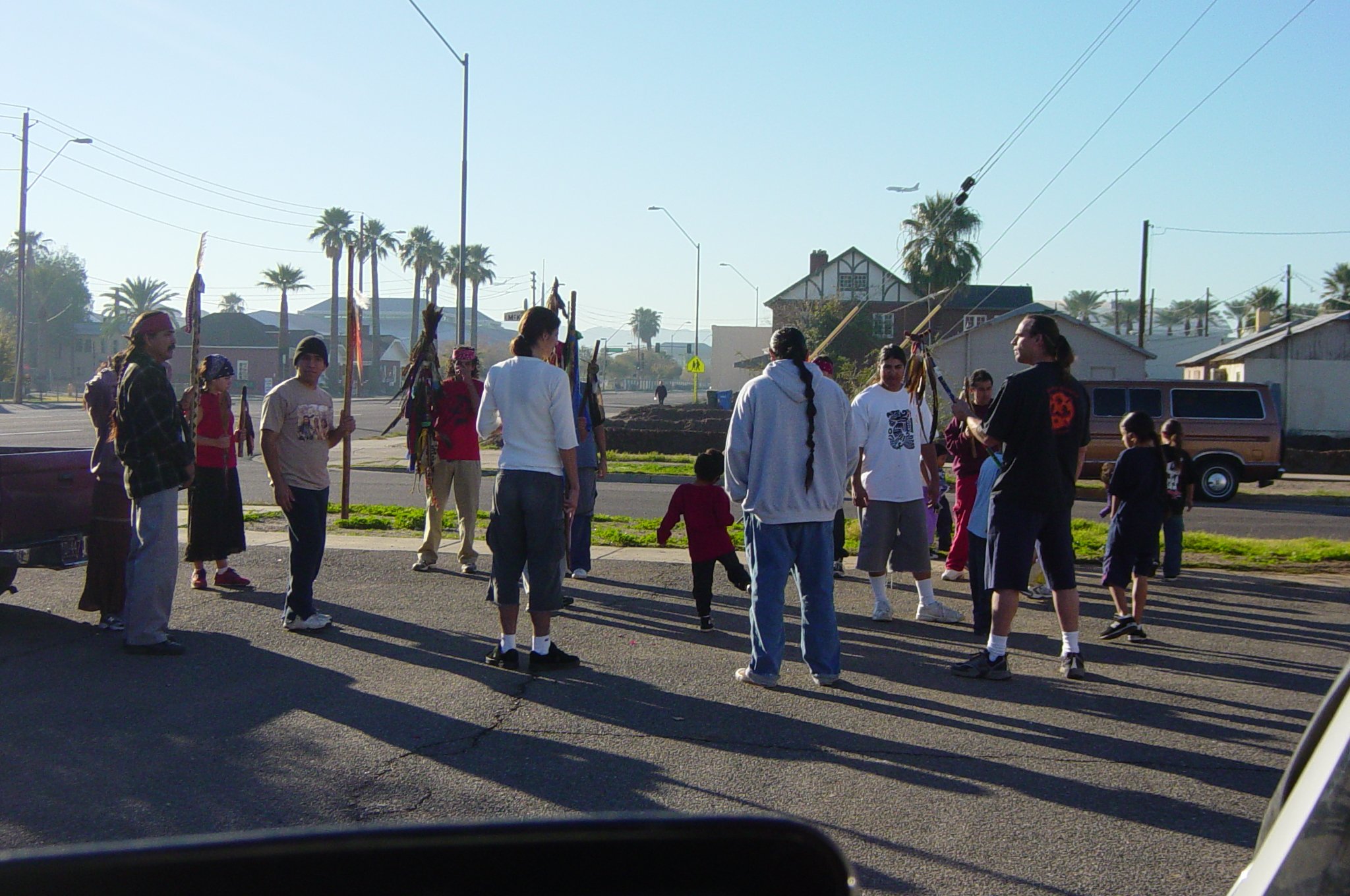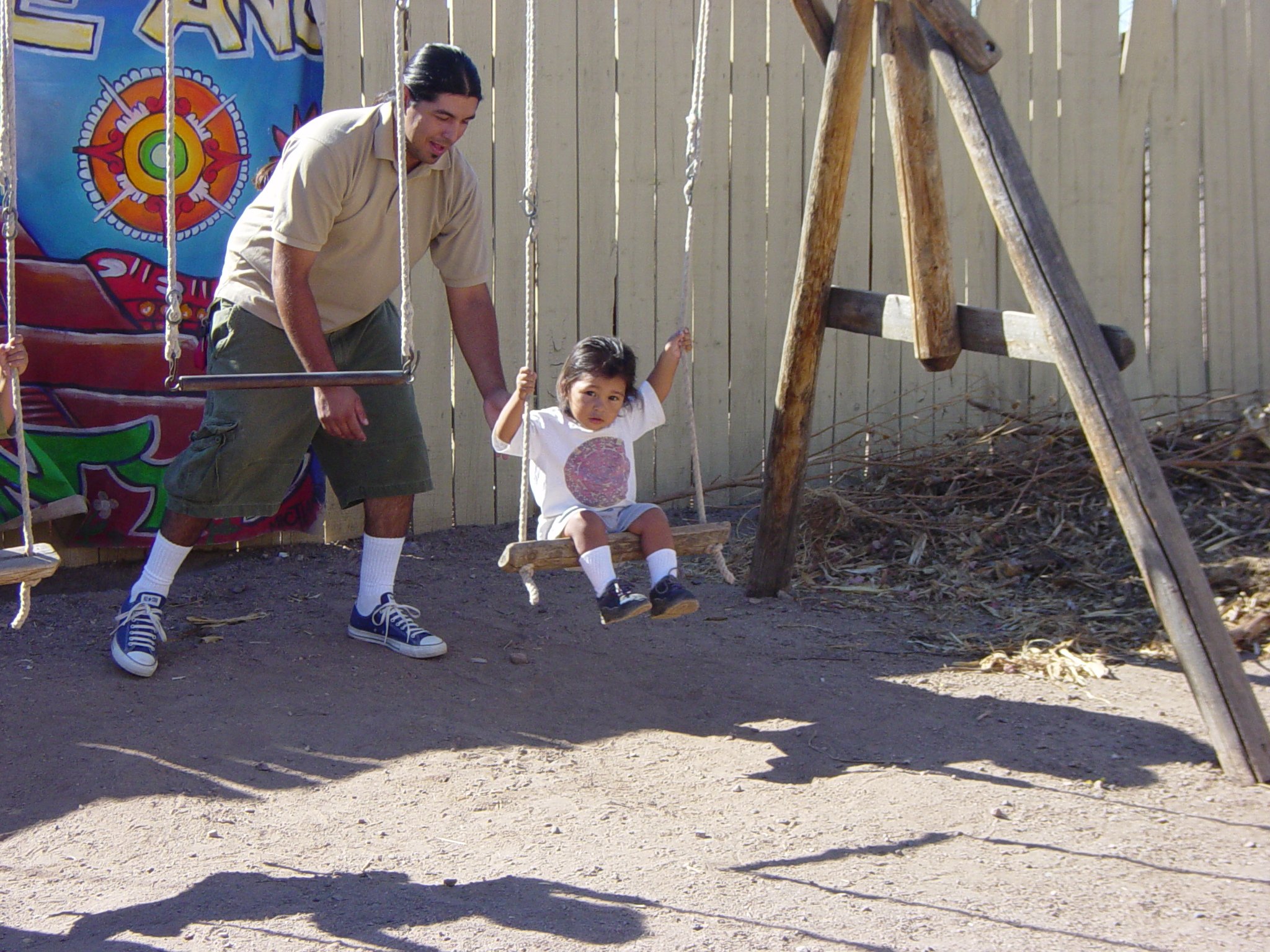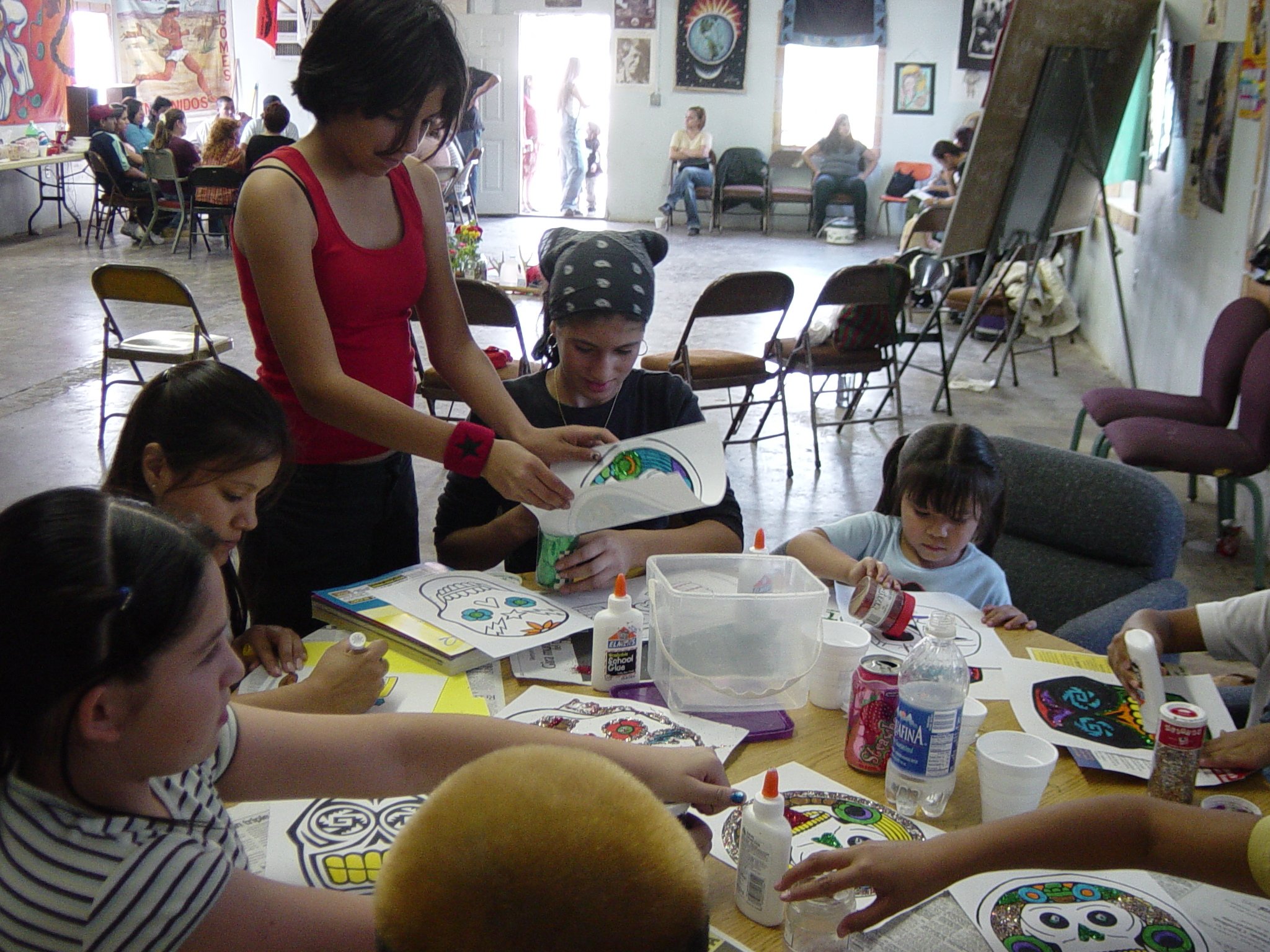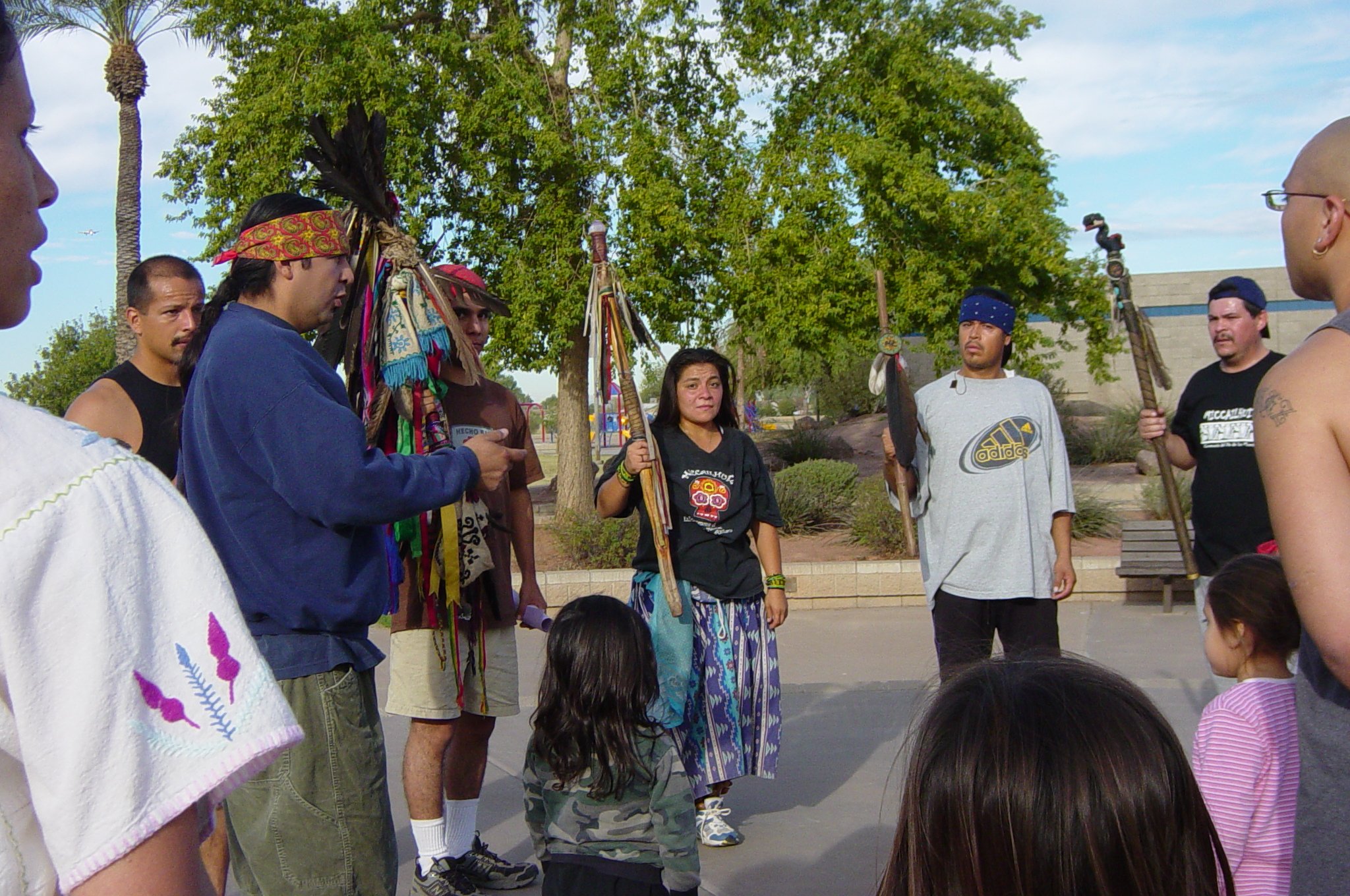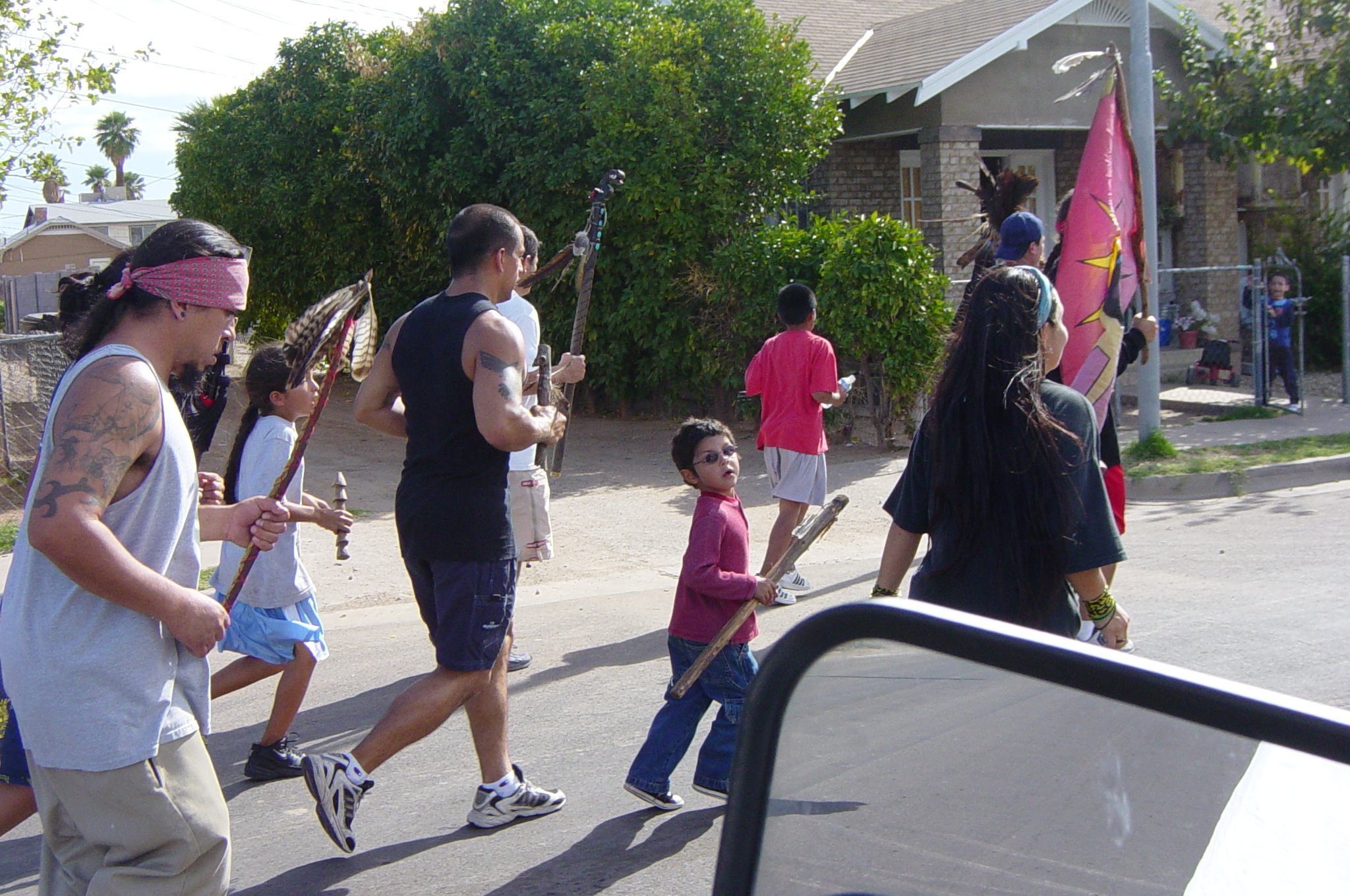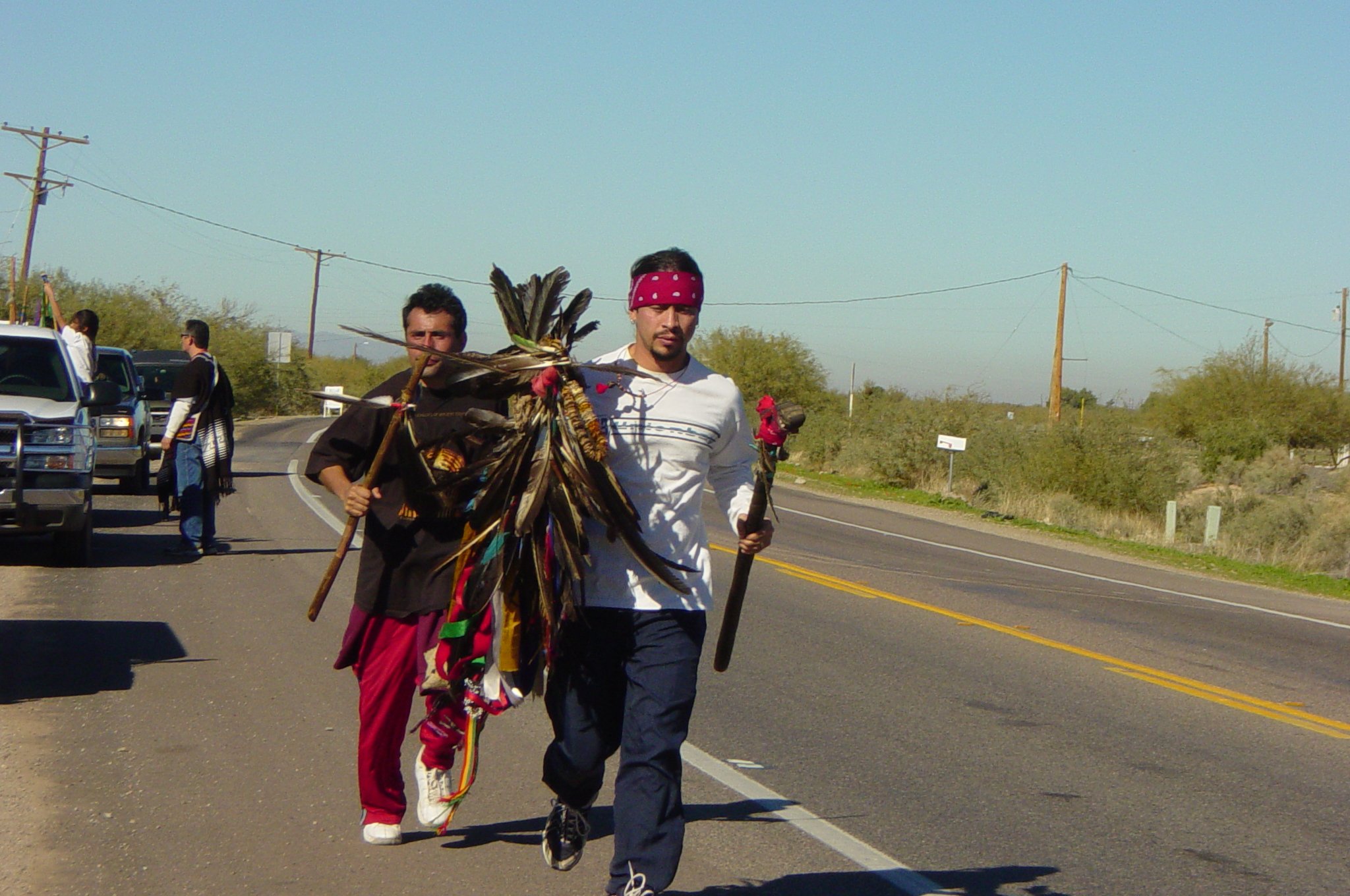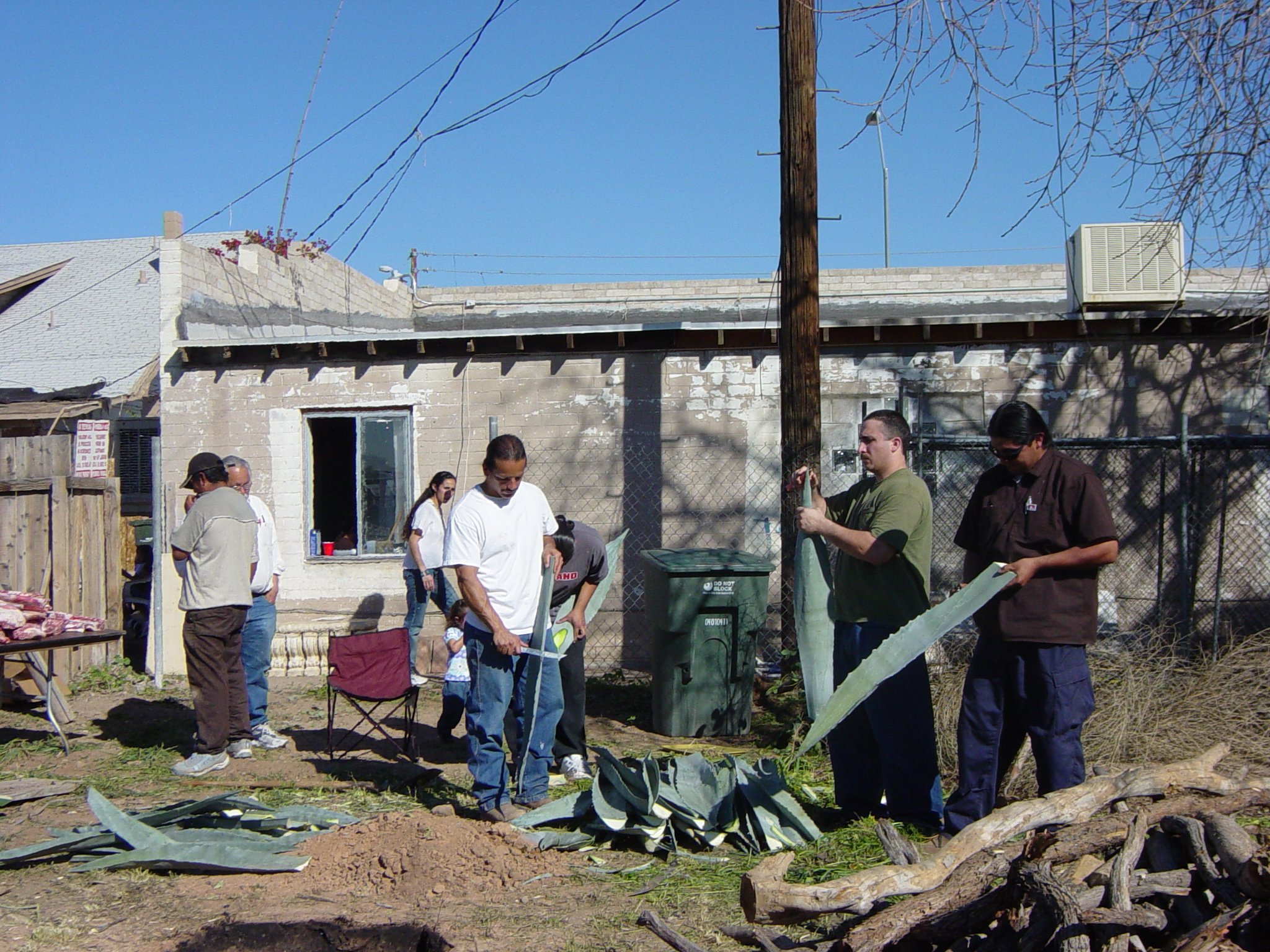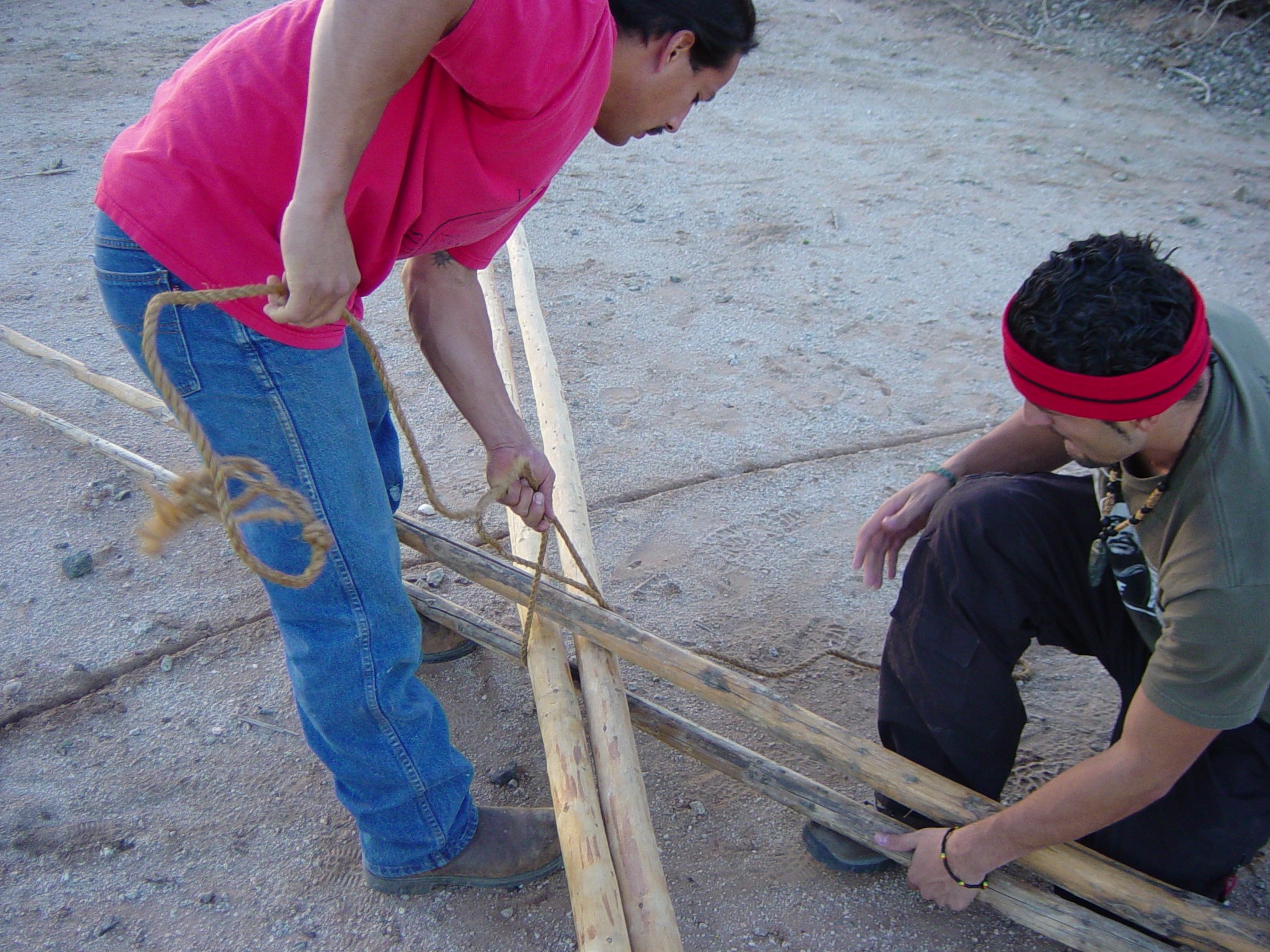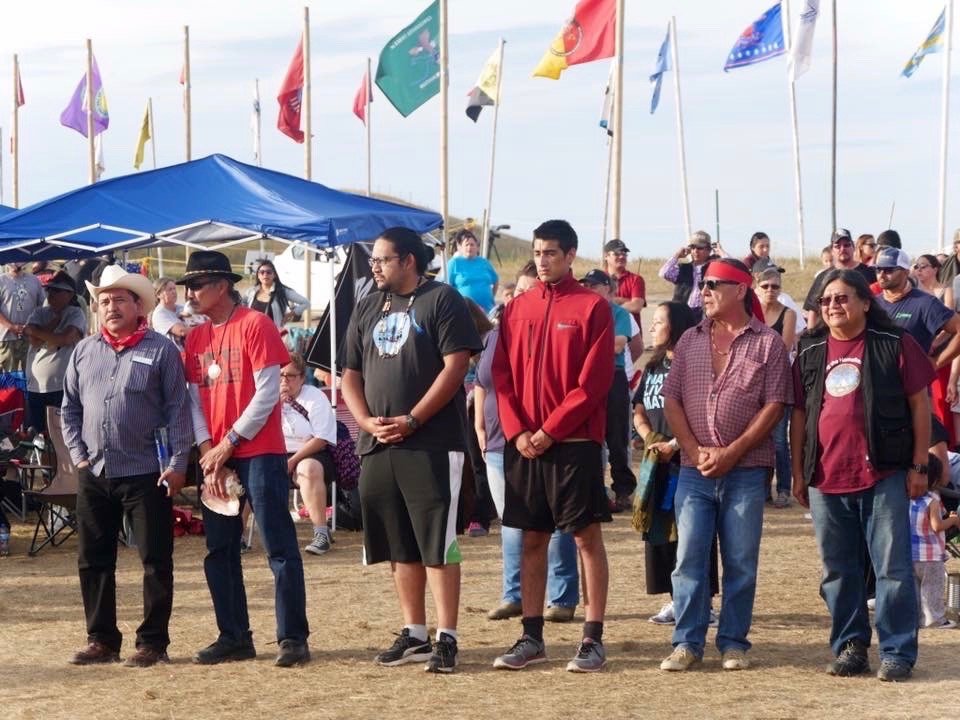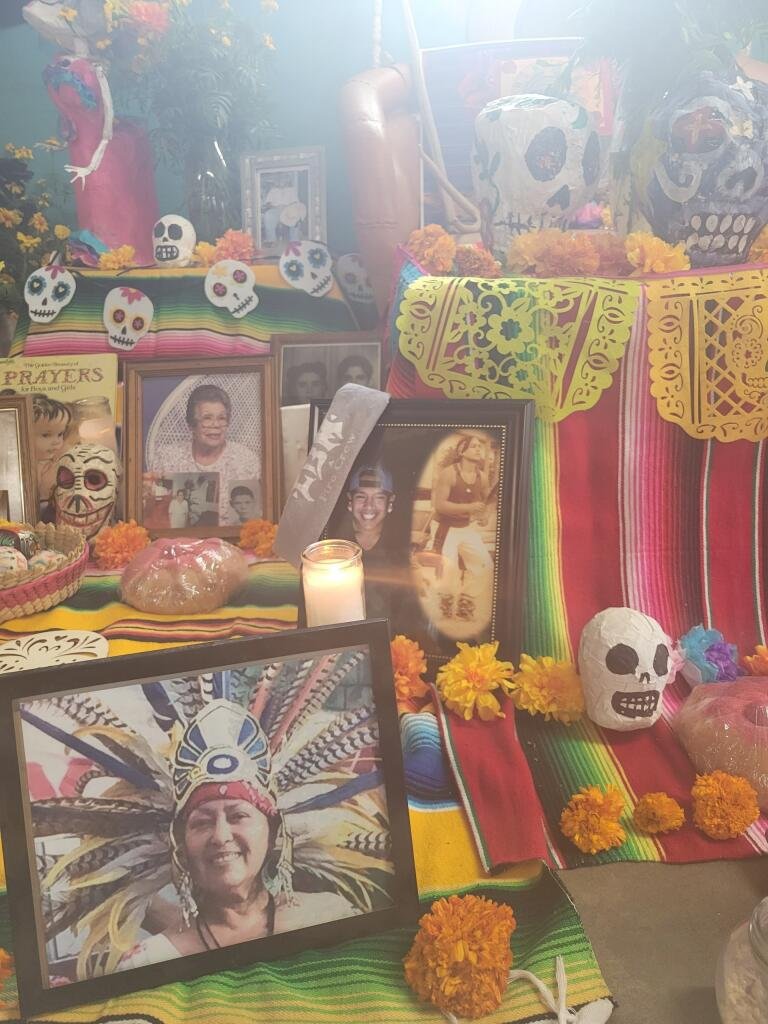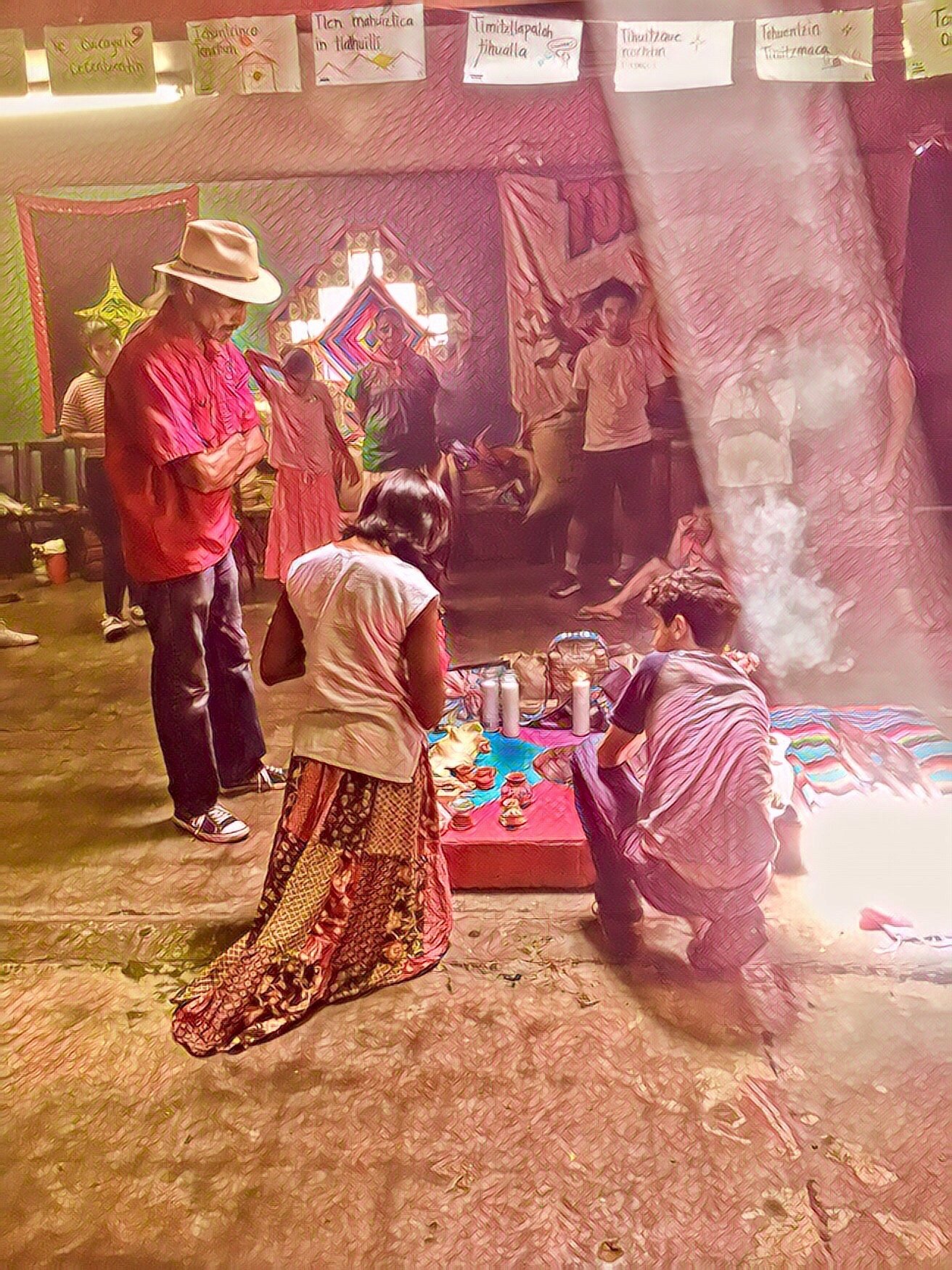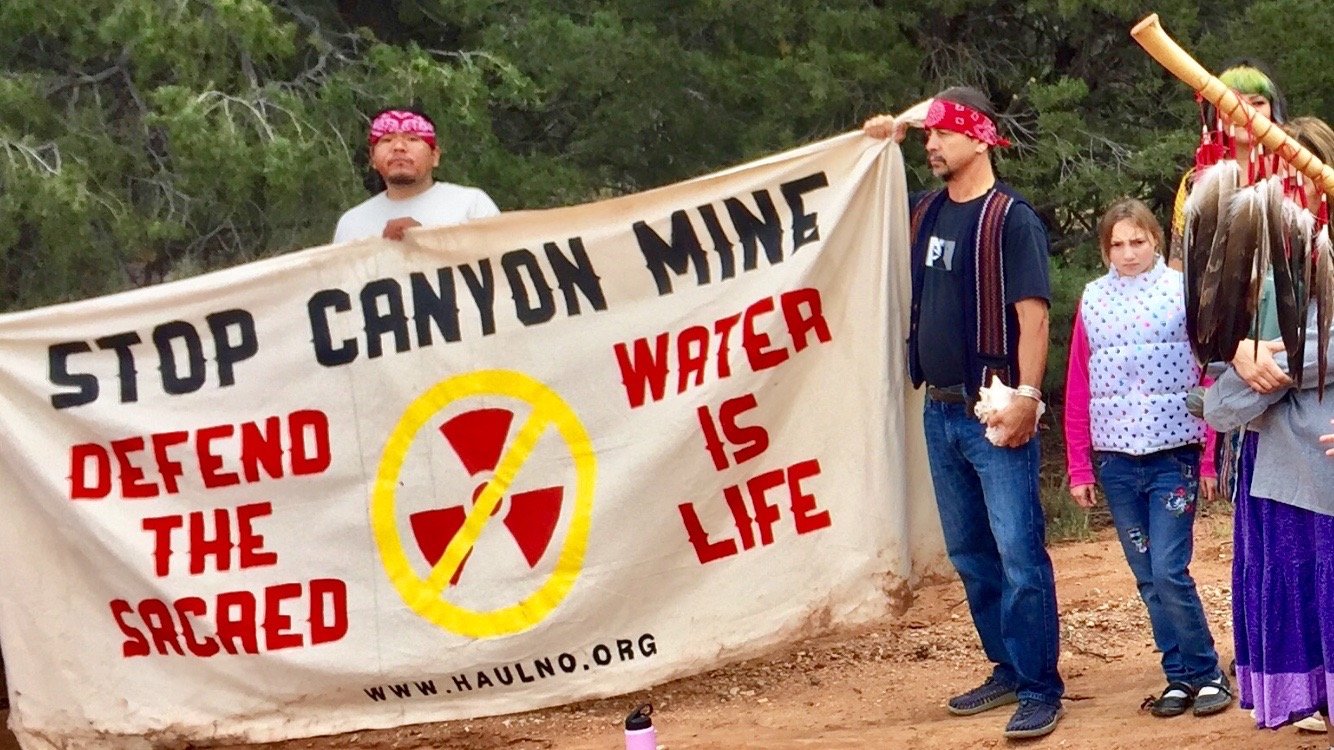Nahuacalli Embassy of Indigenous Peoples
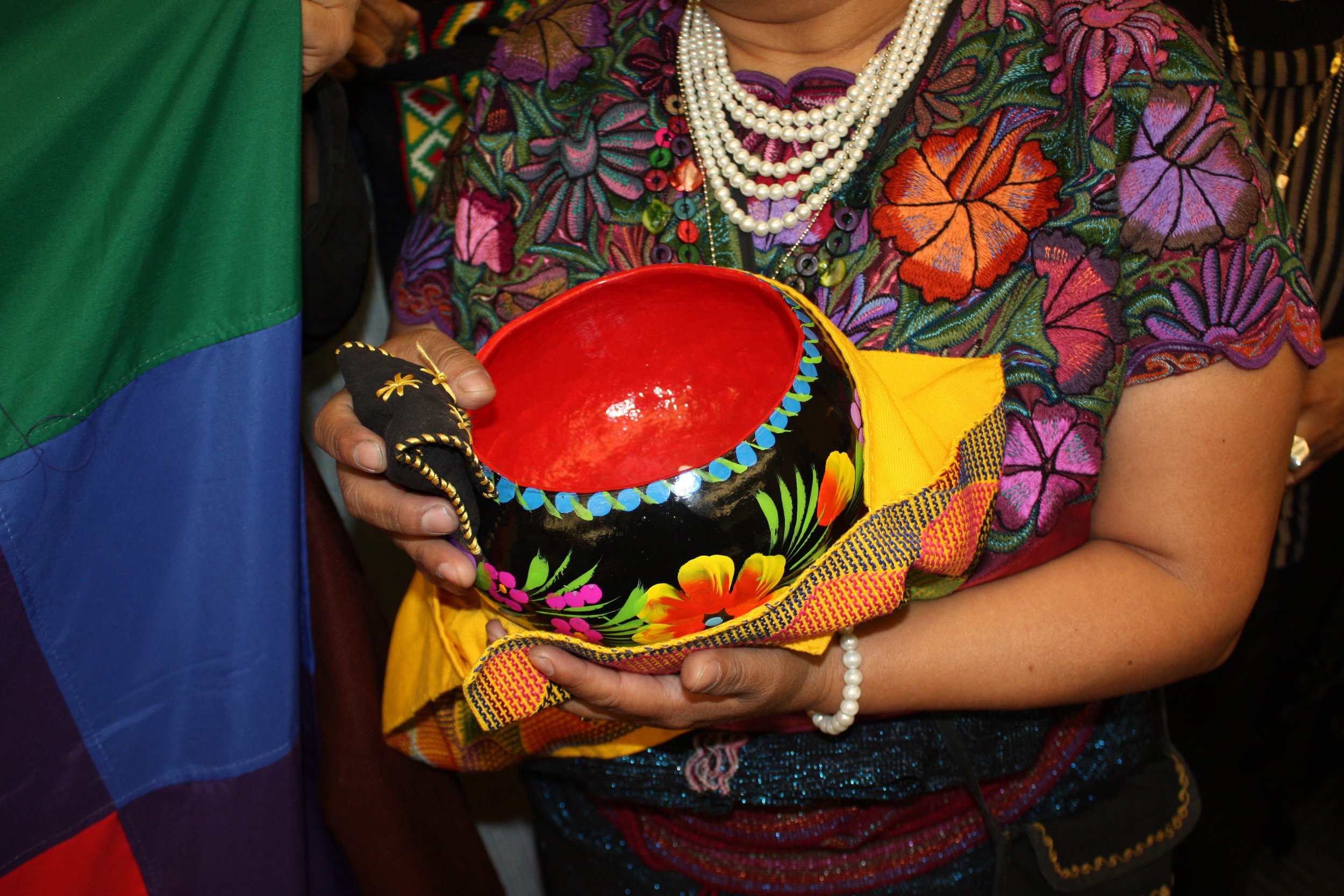
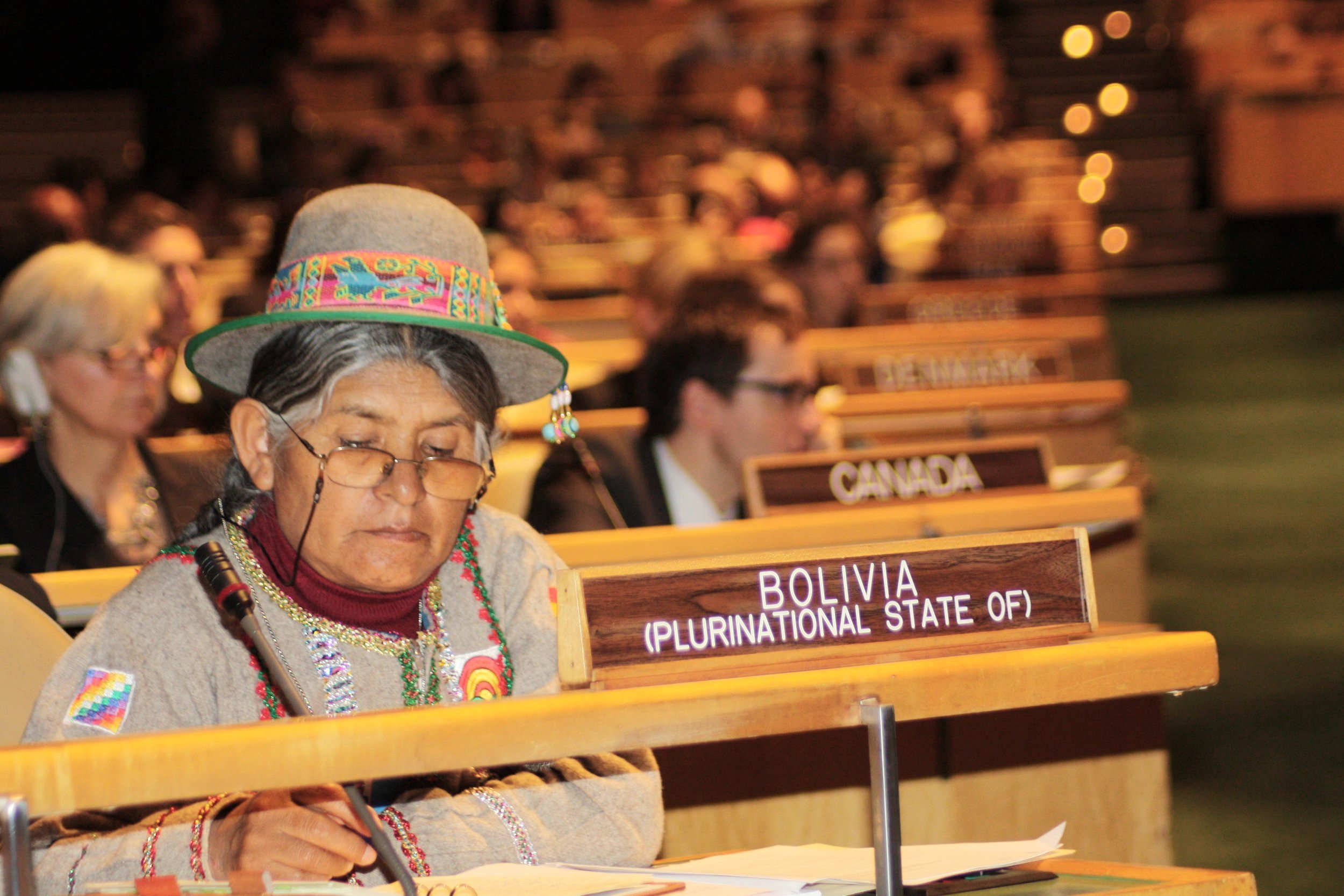
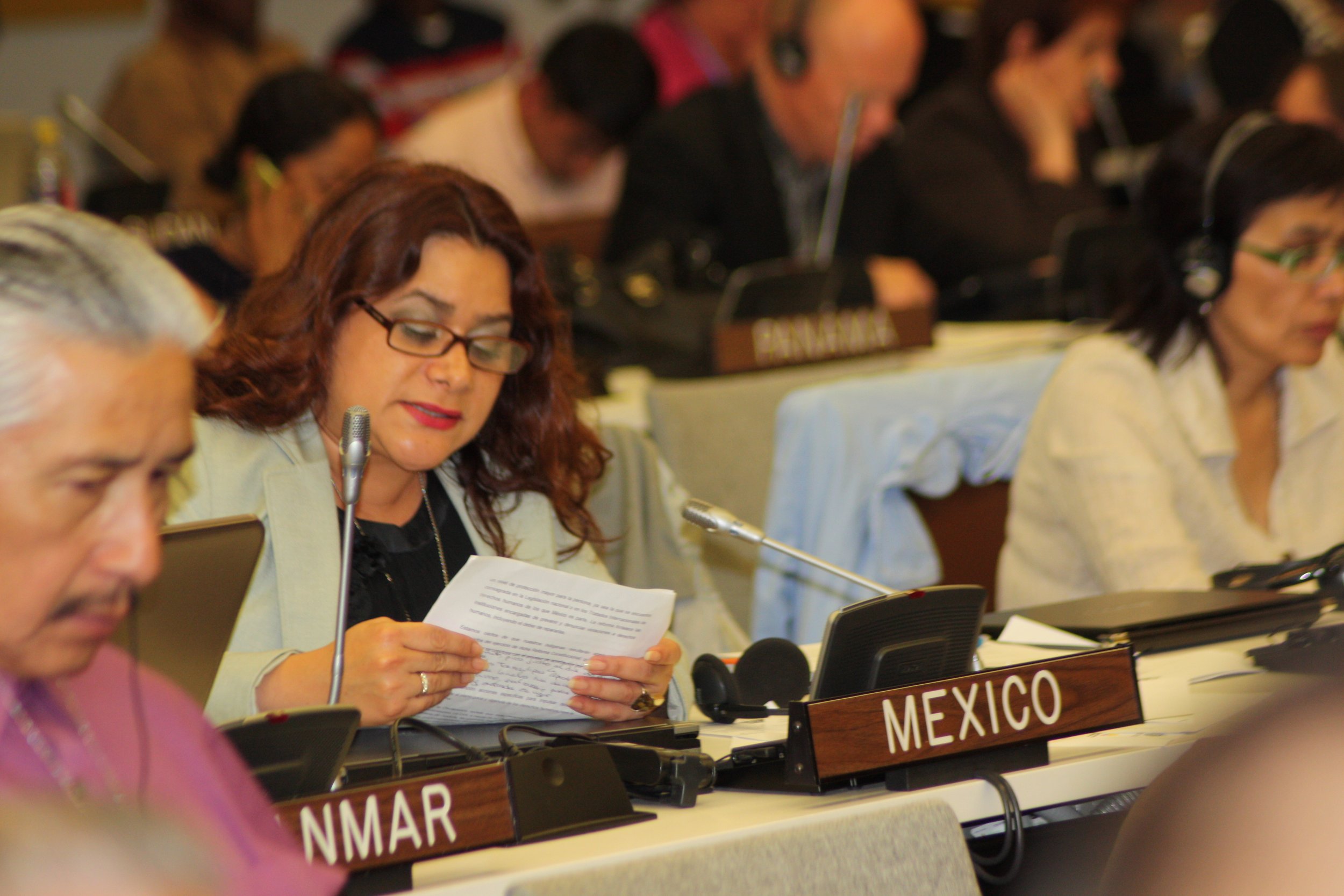
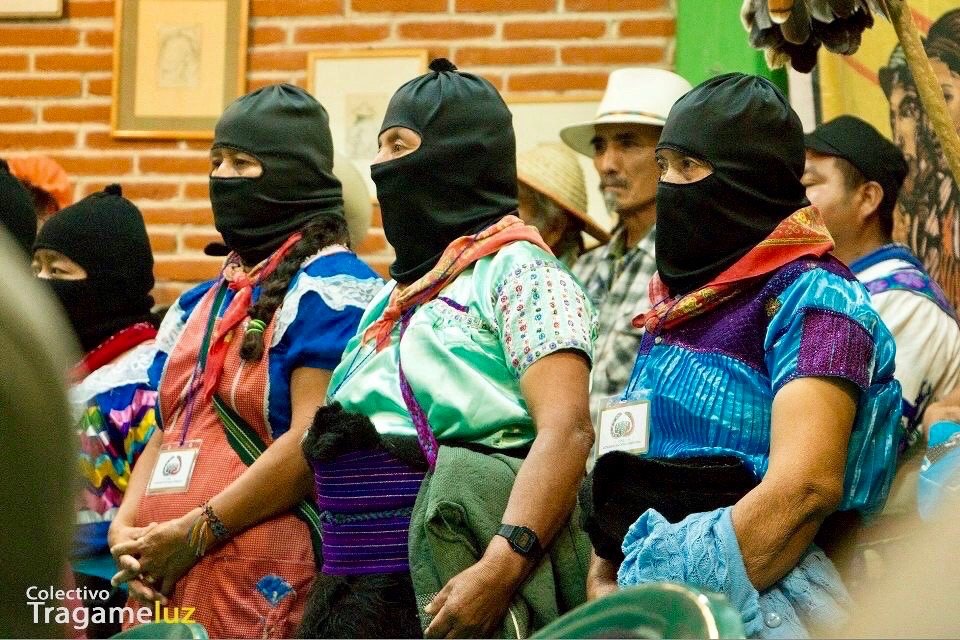
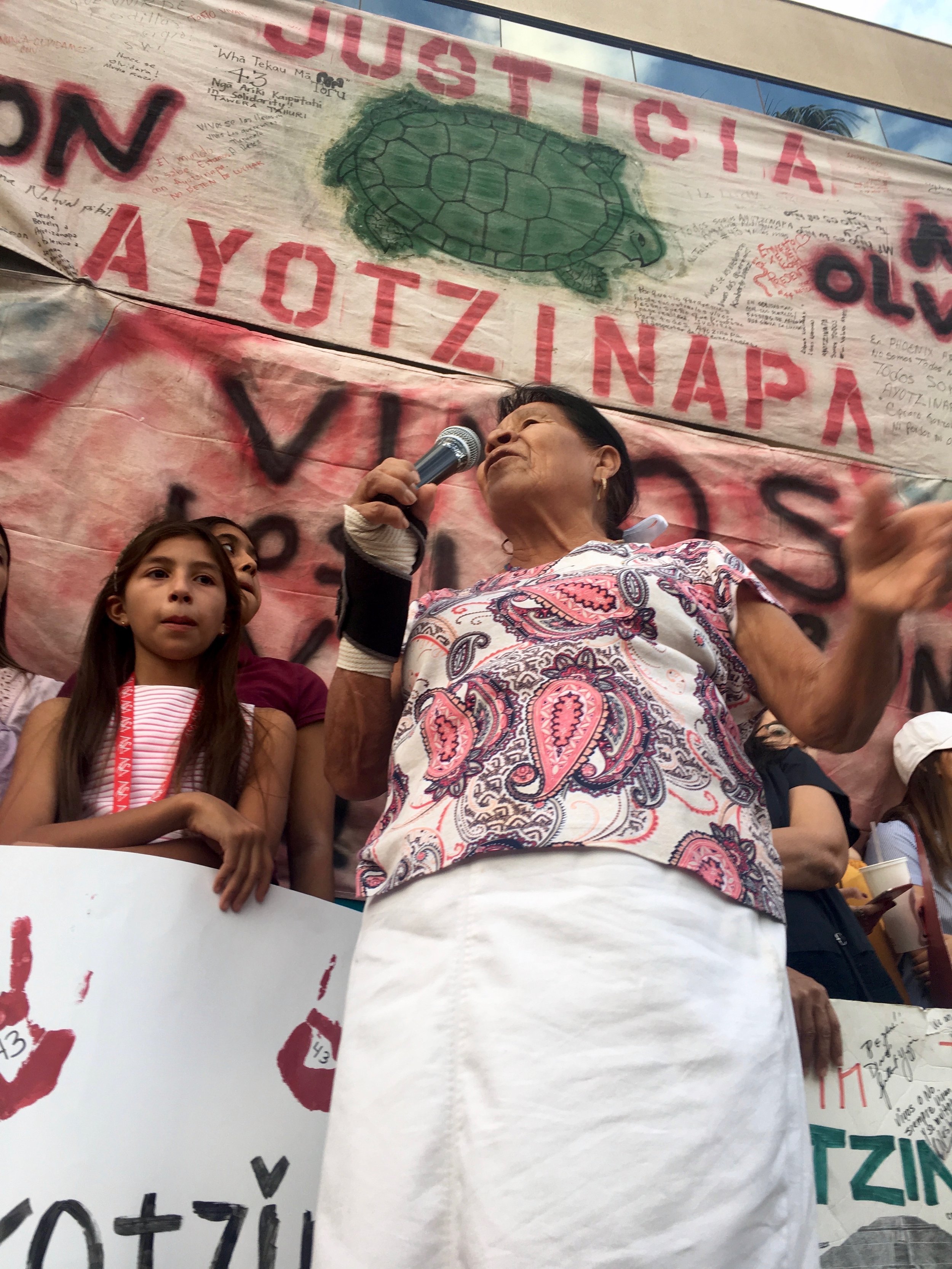
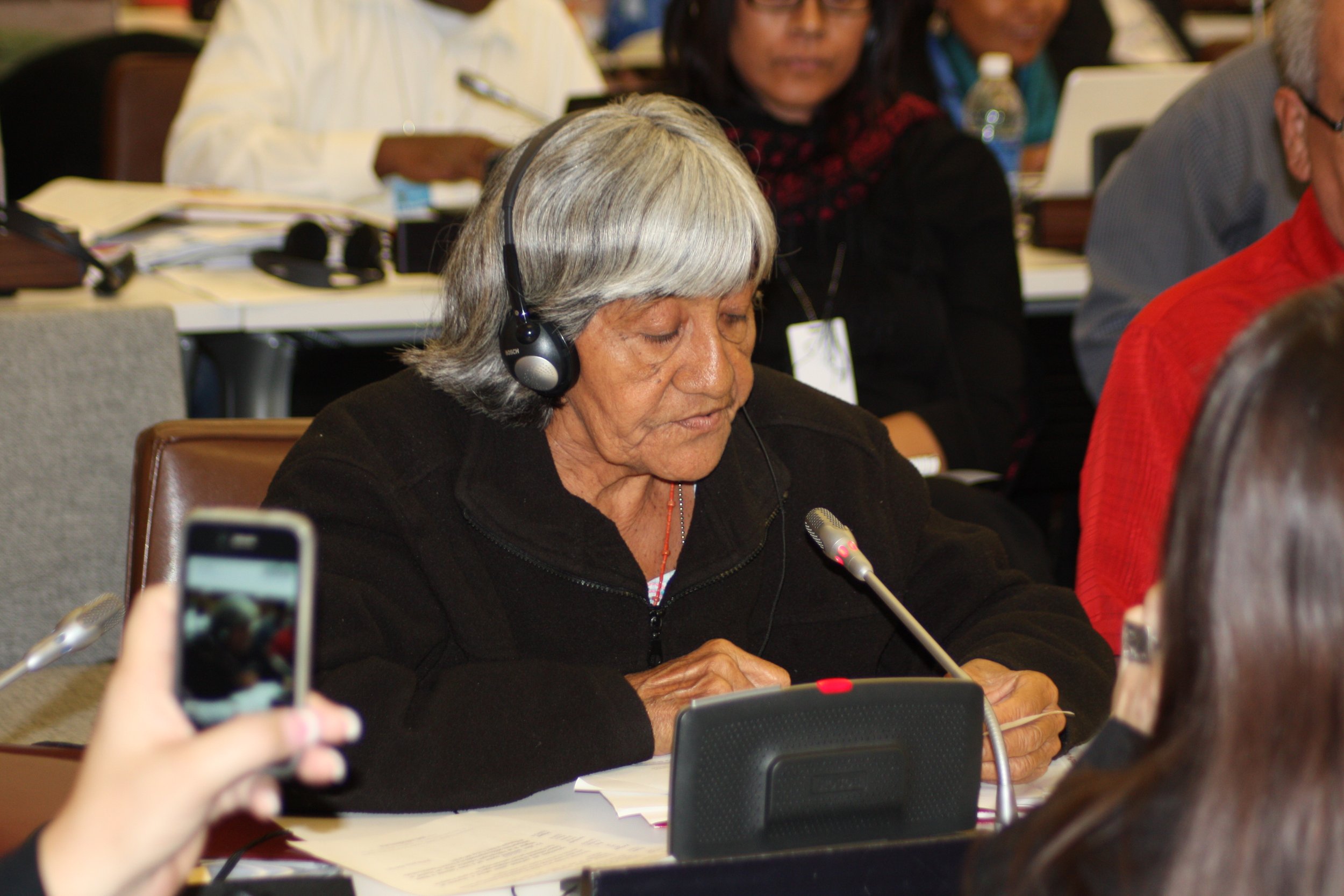
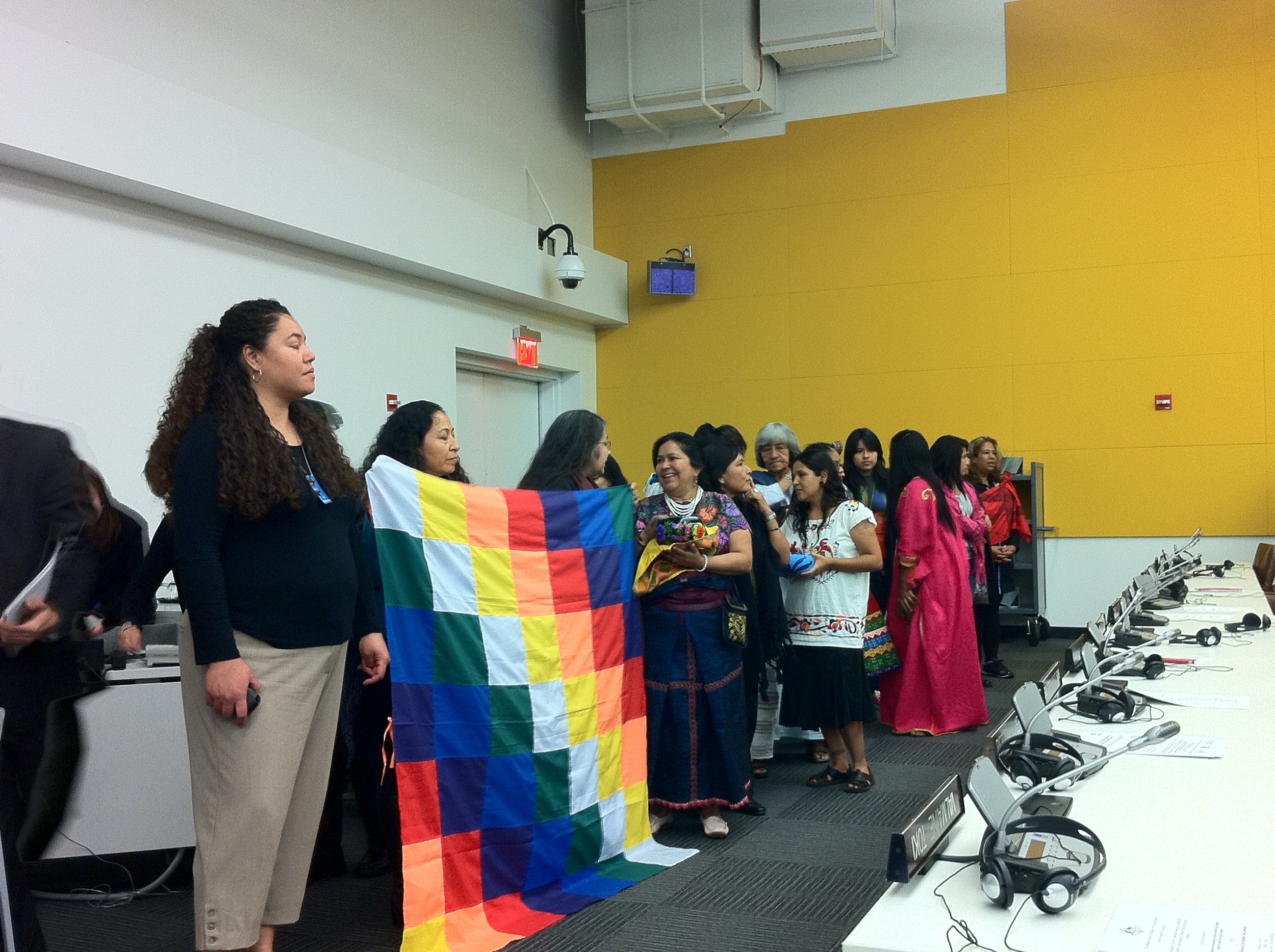
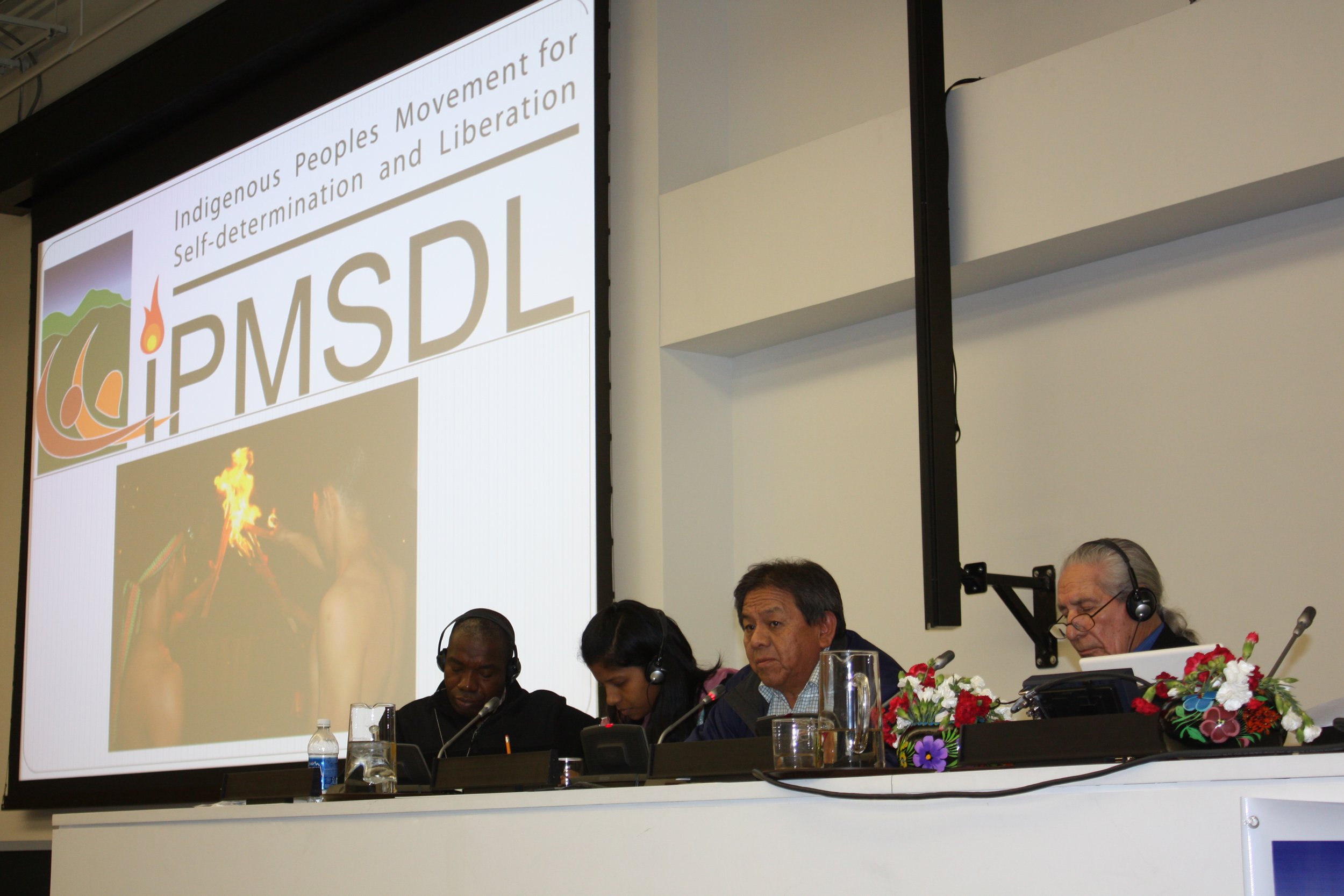
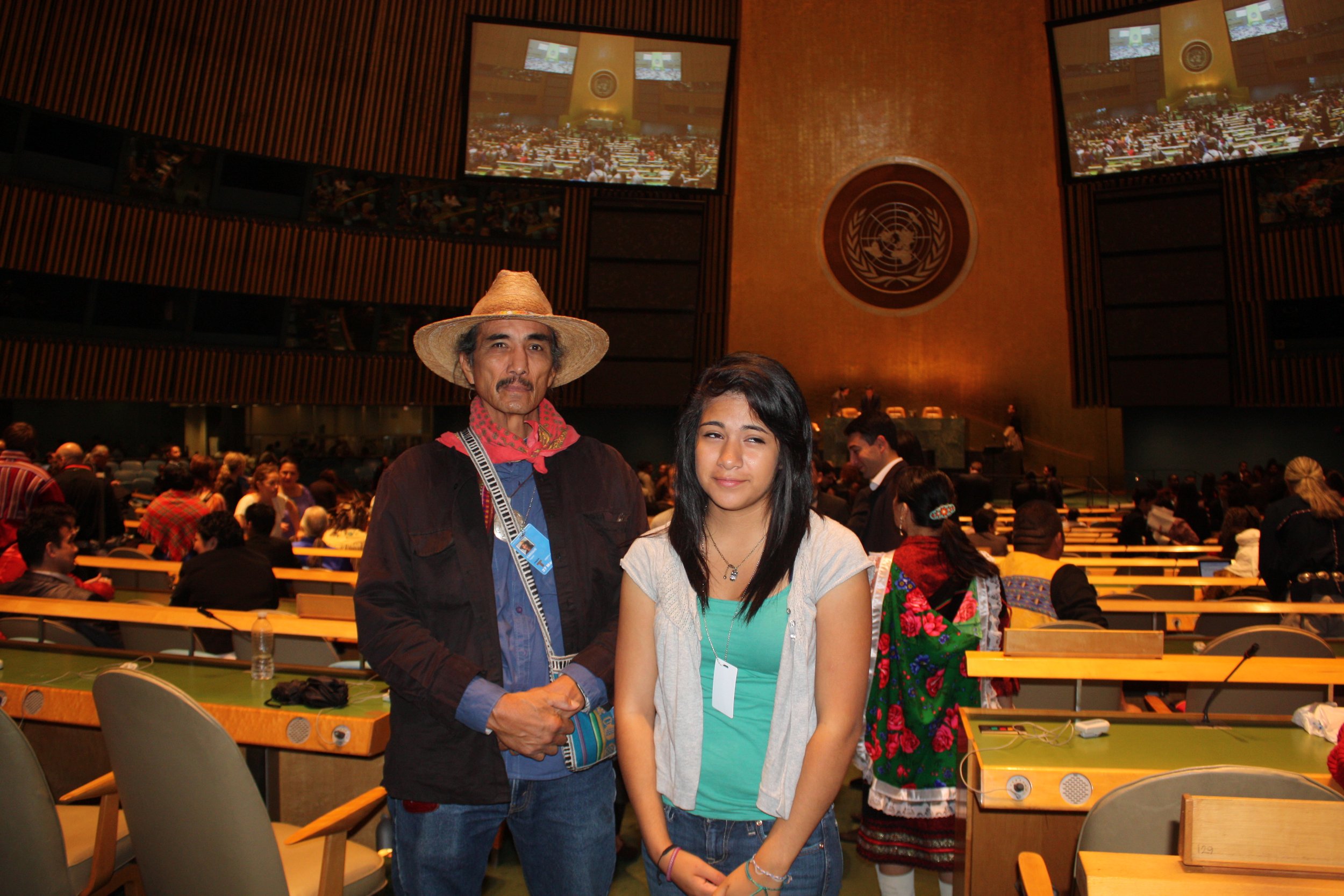
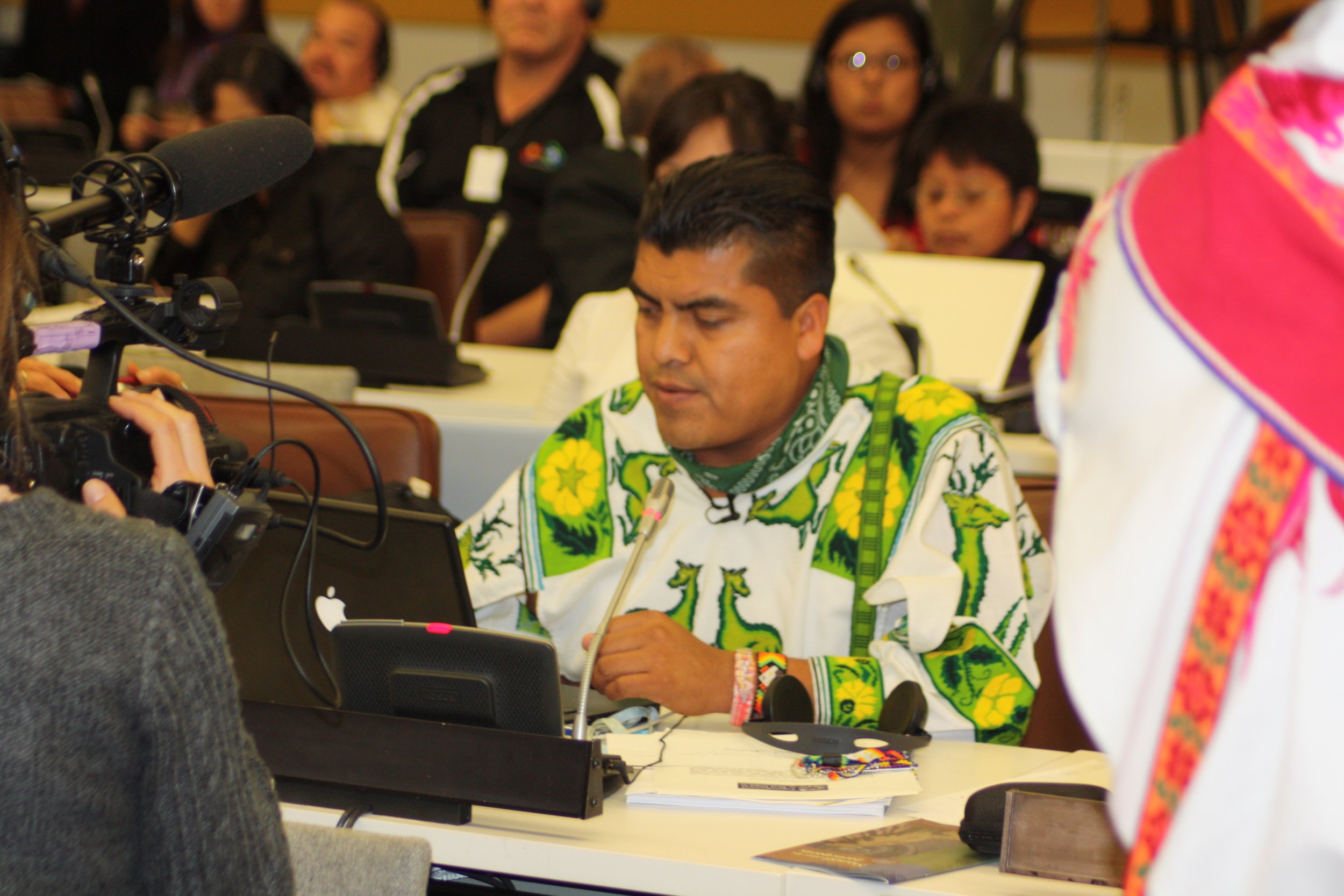
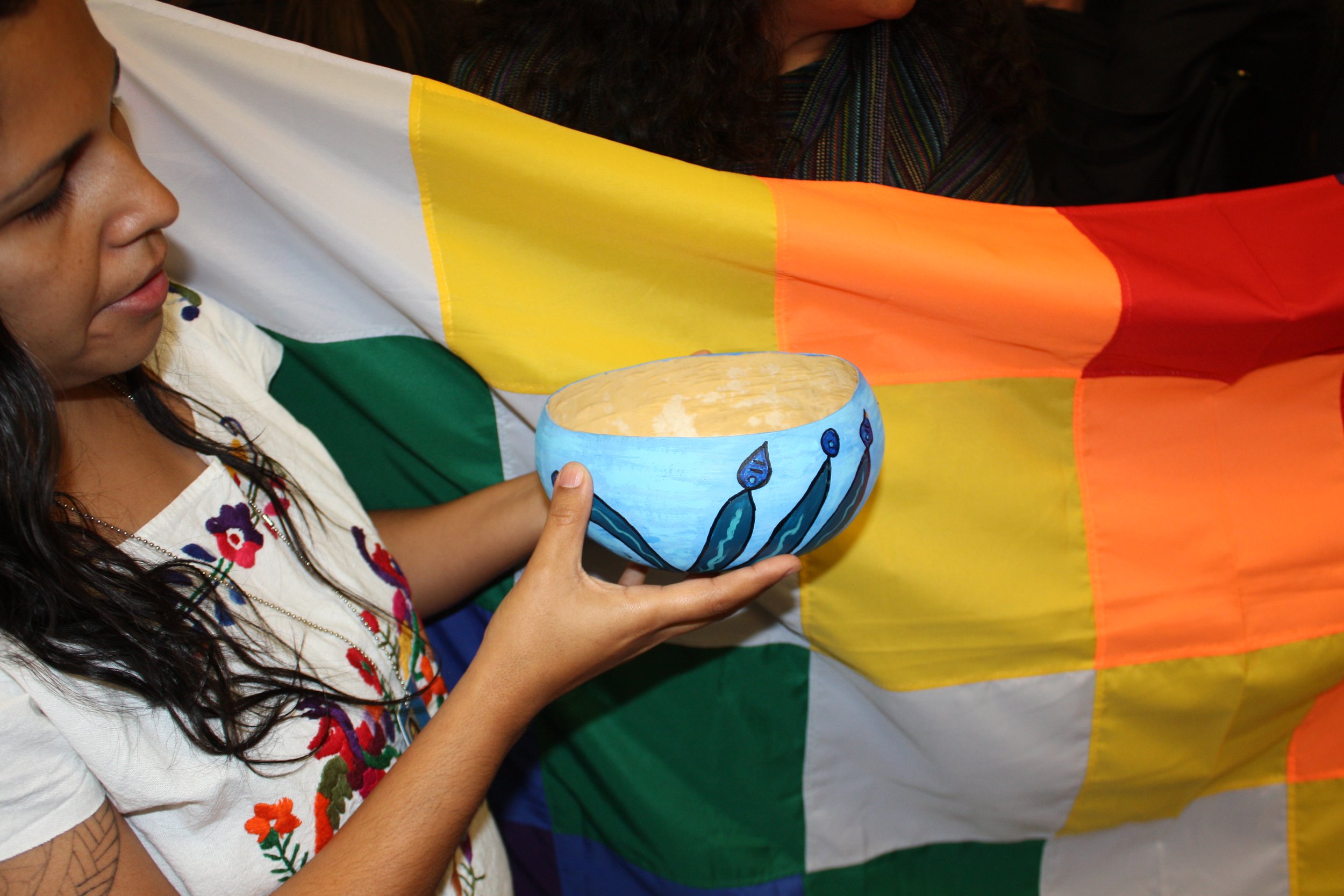
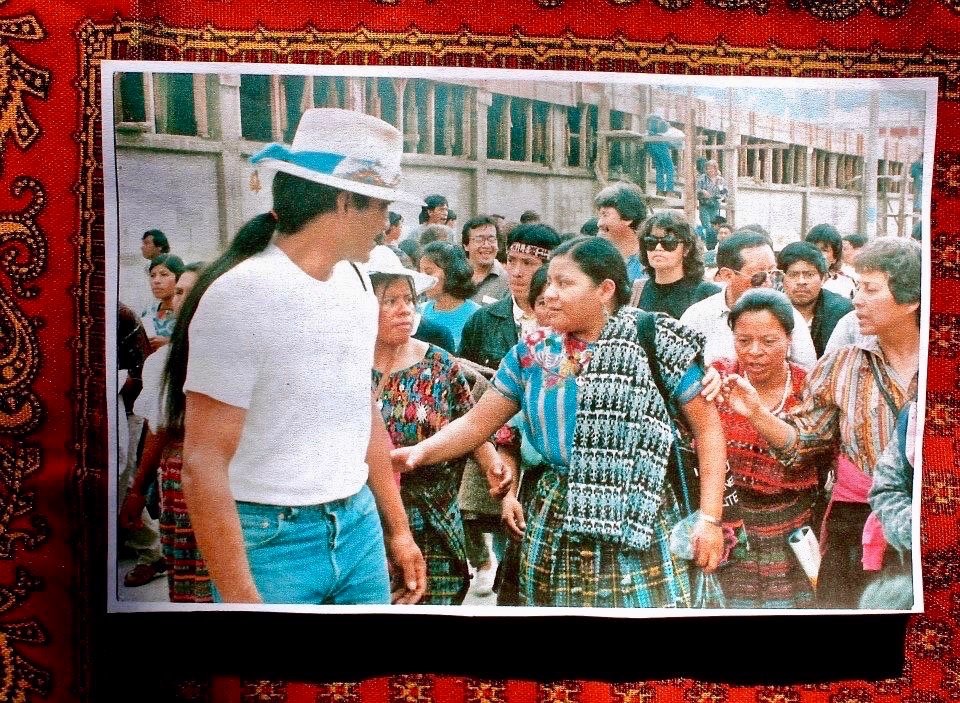
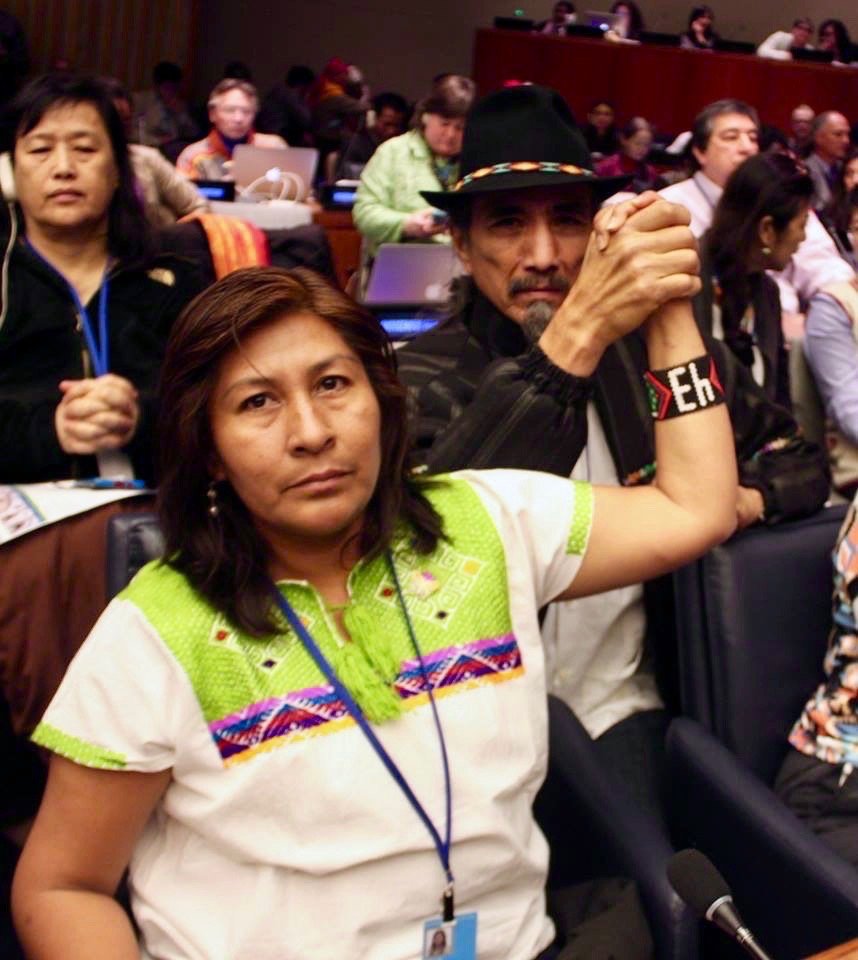
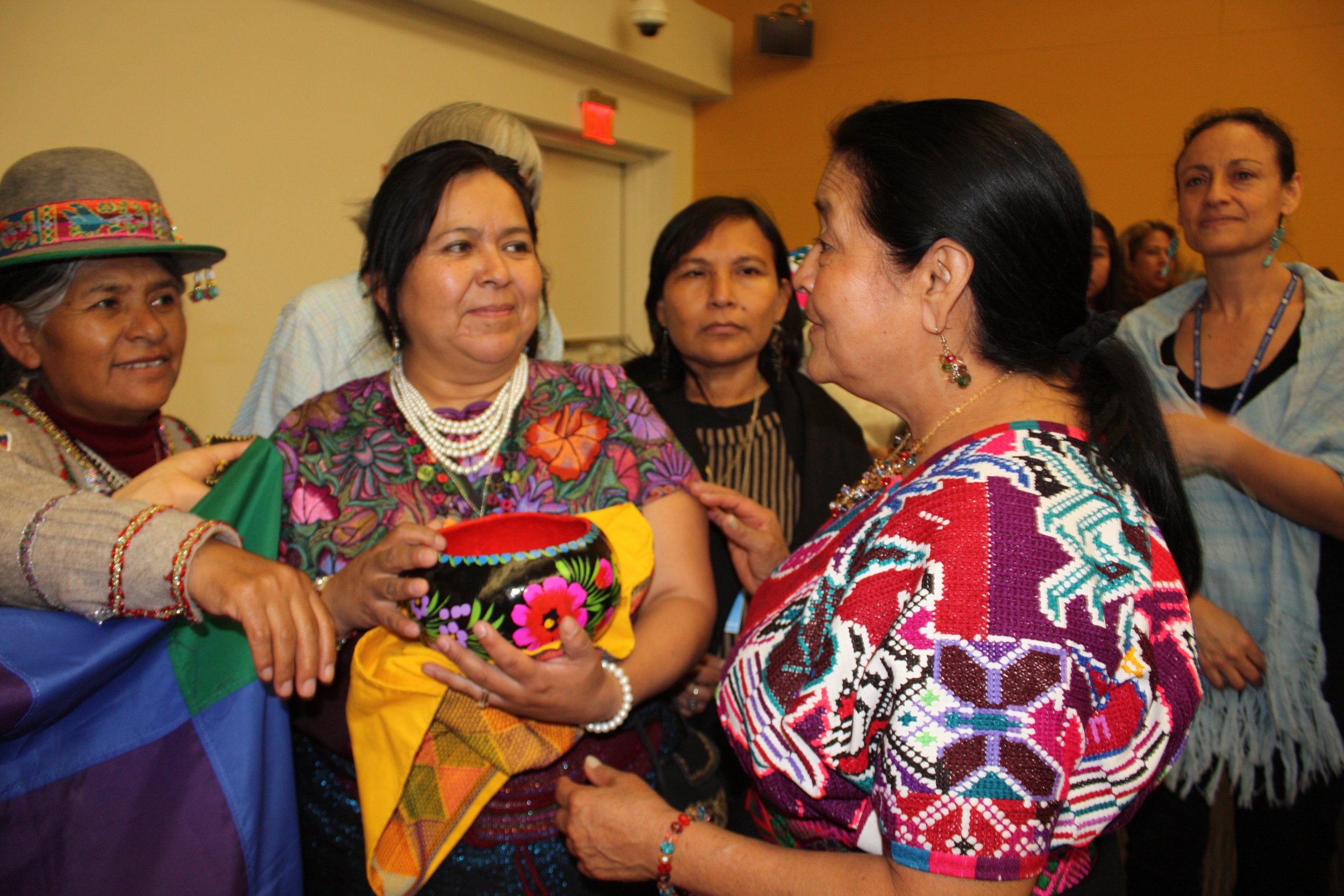
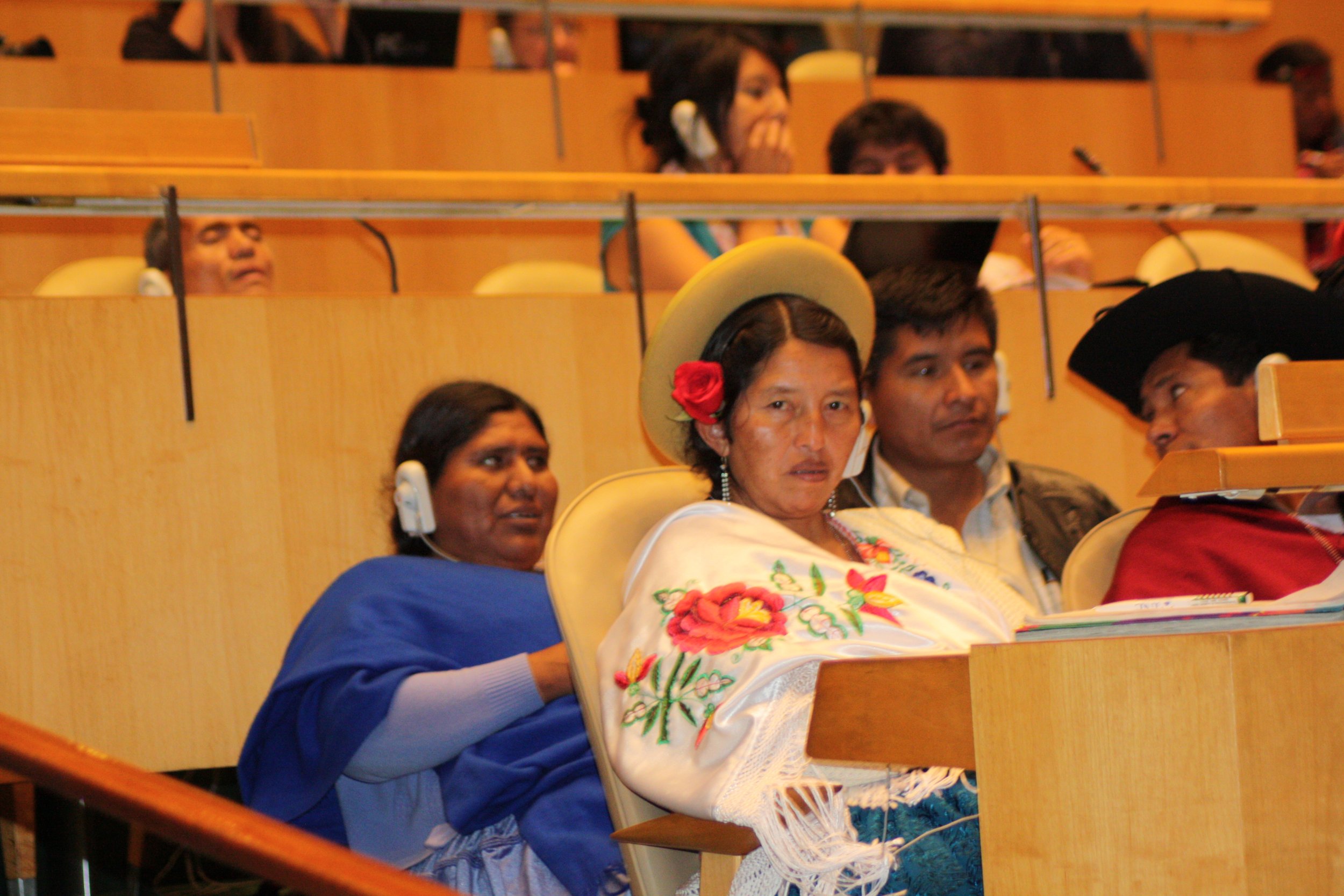
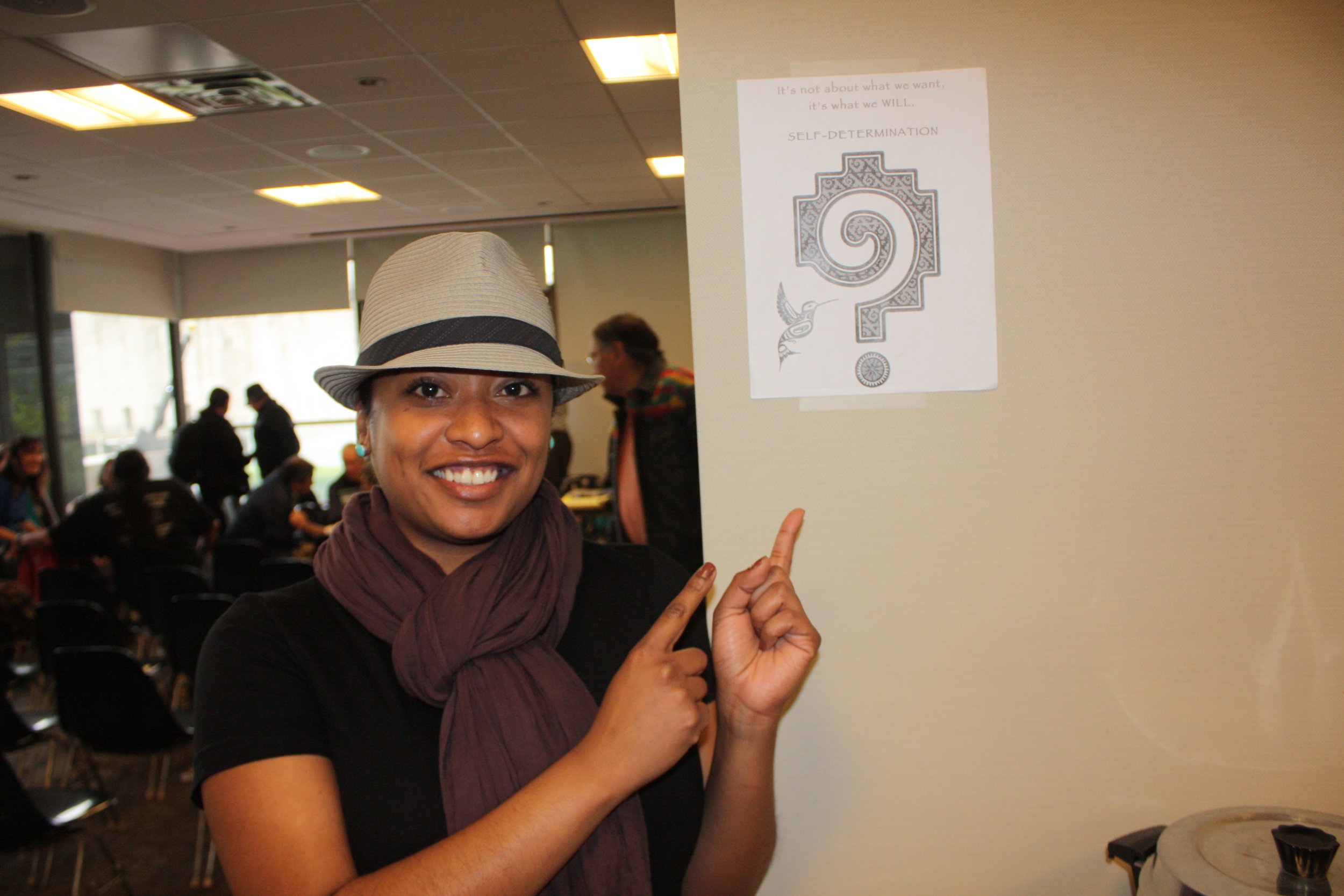
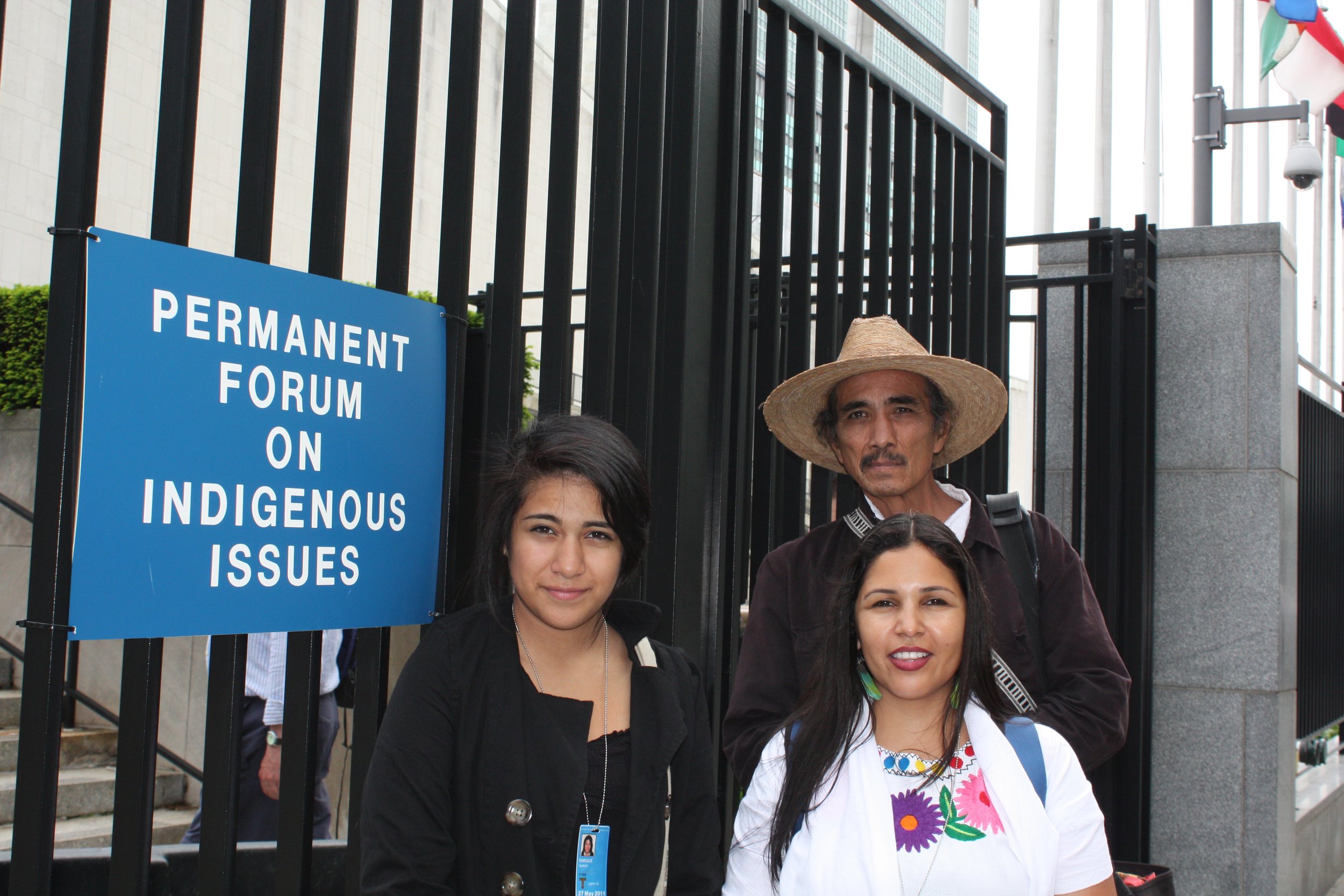
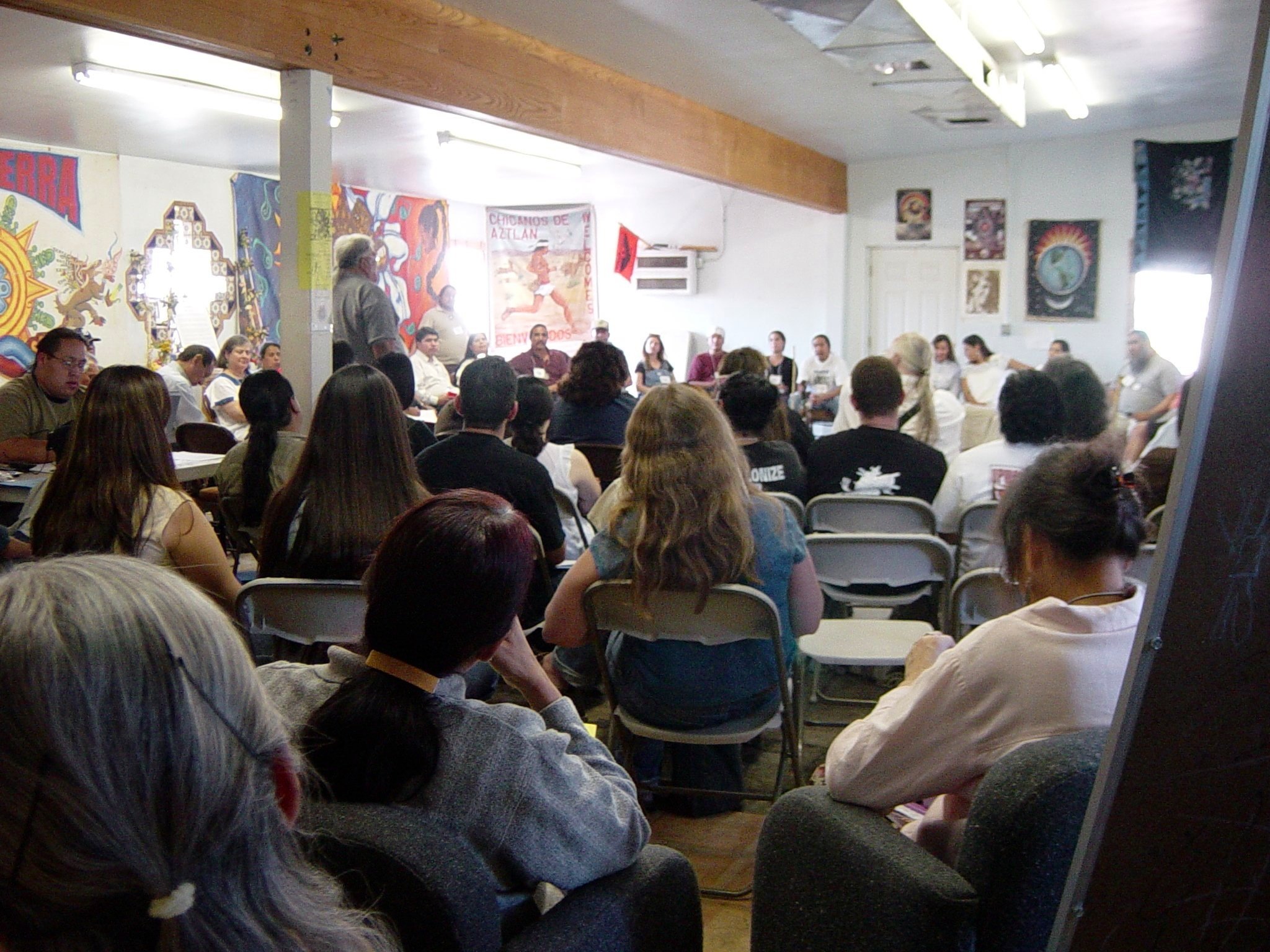
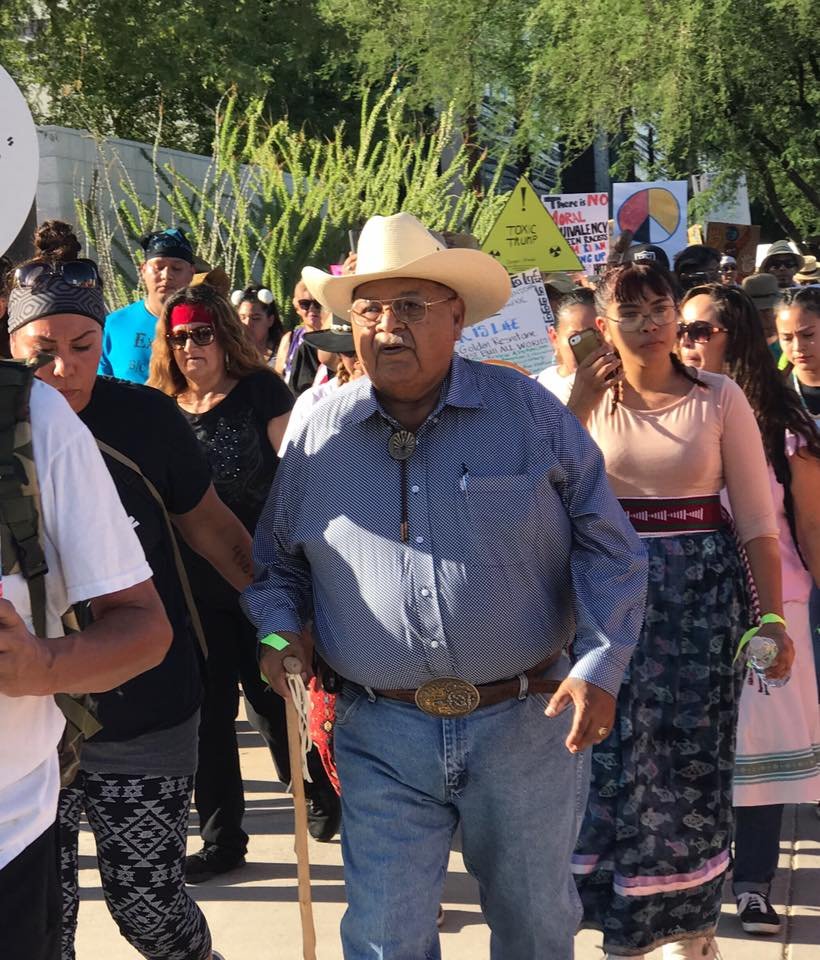
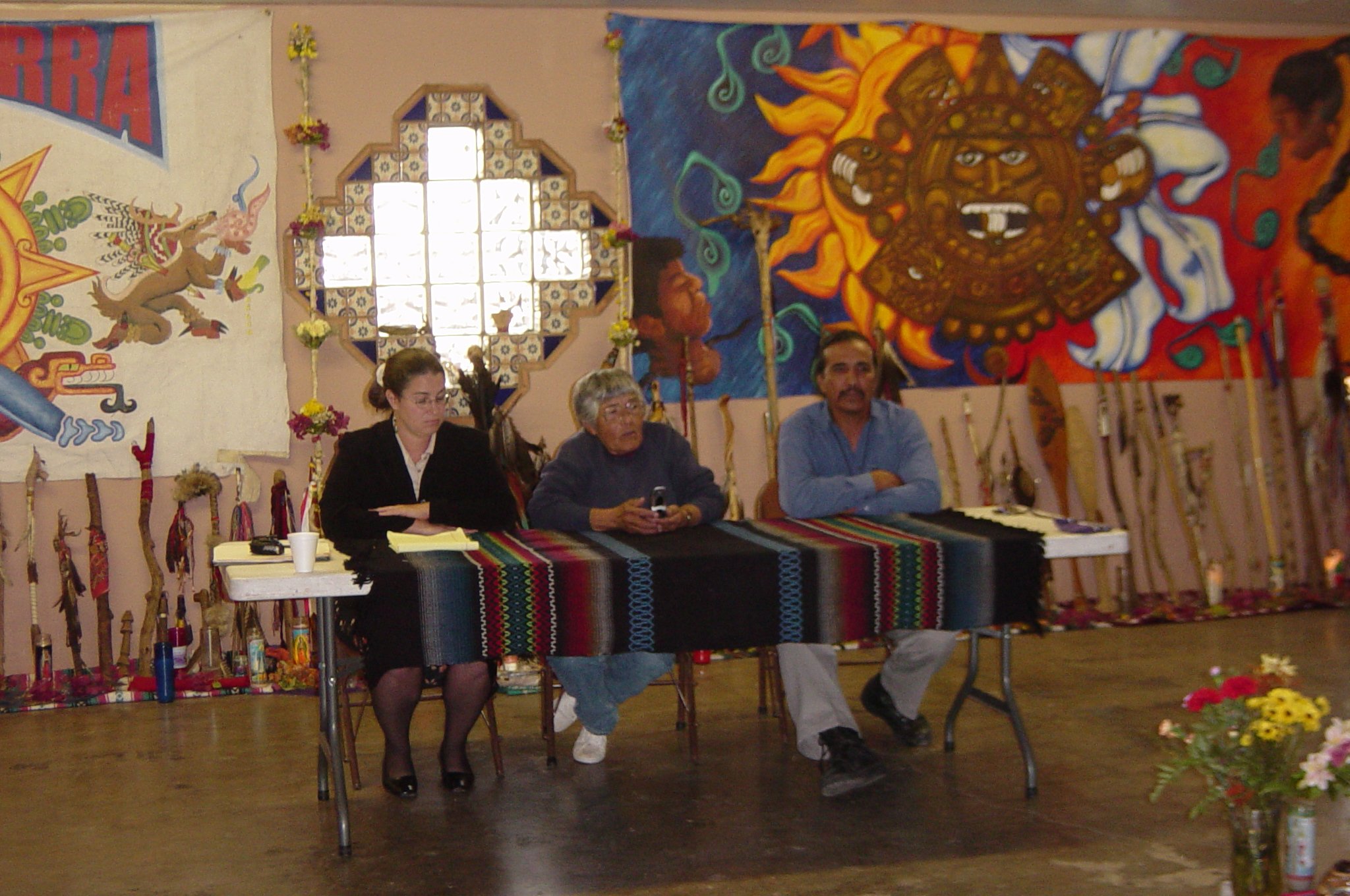
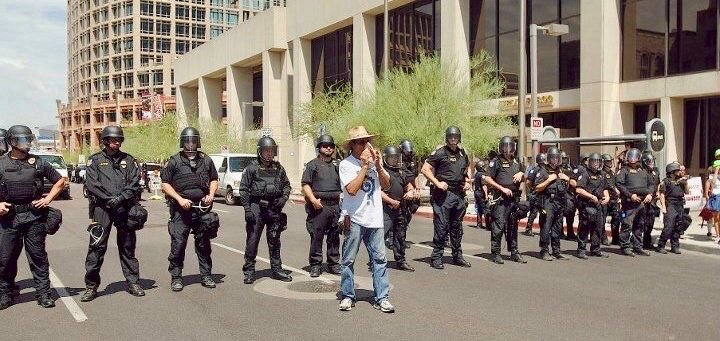
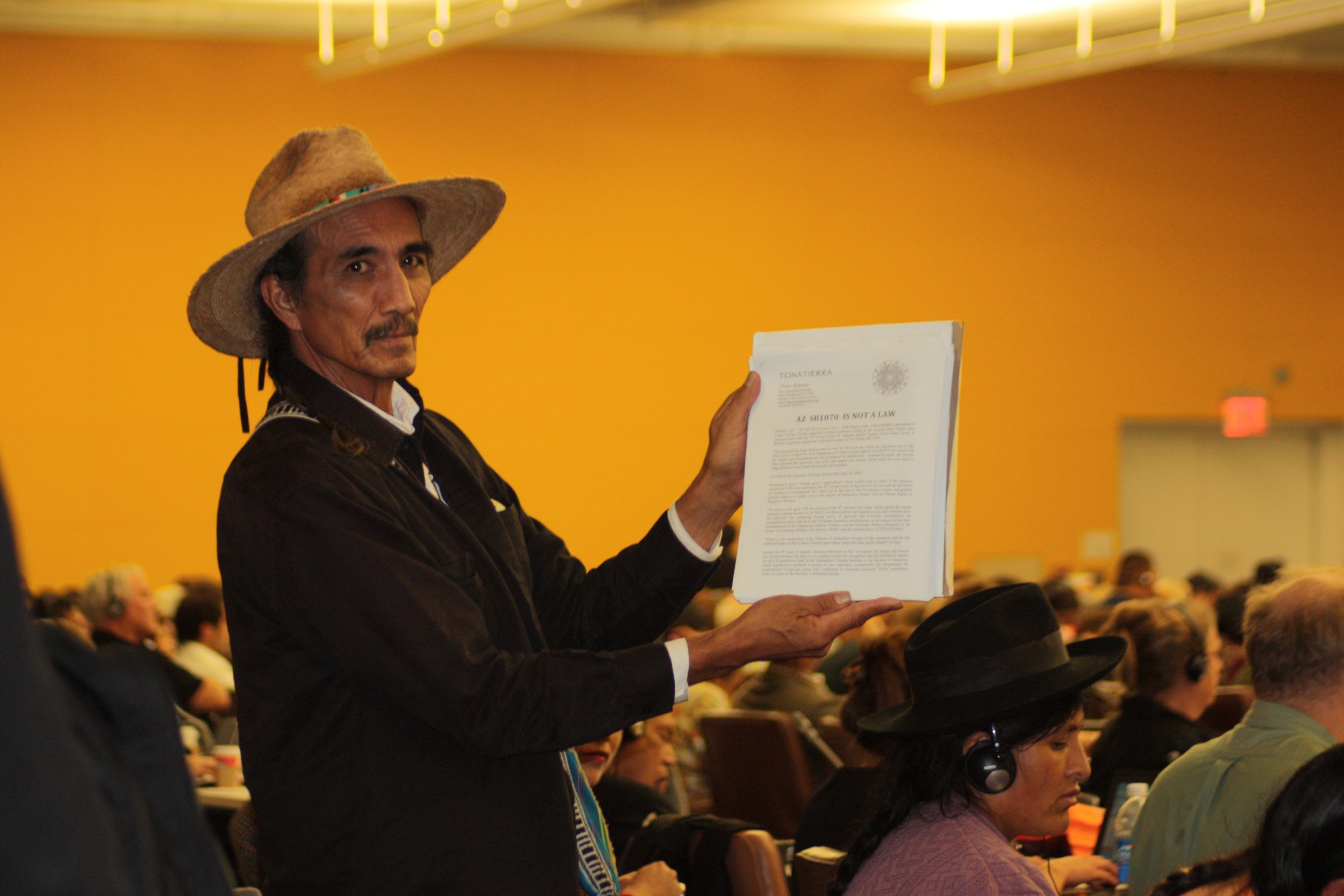
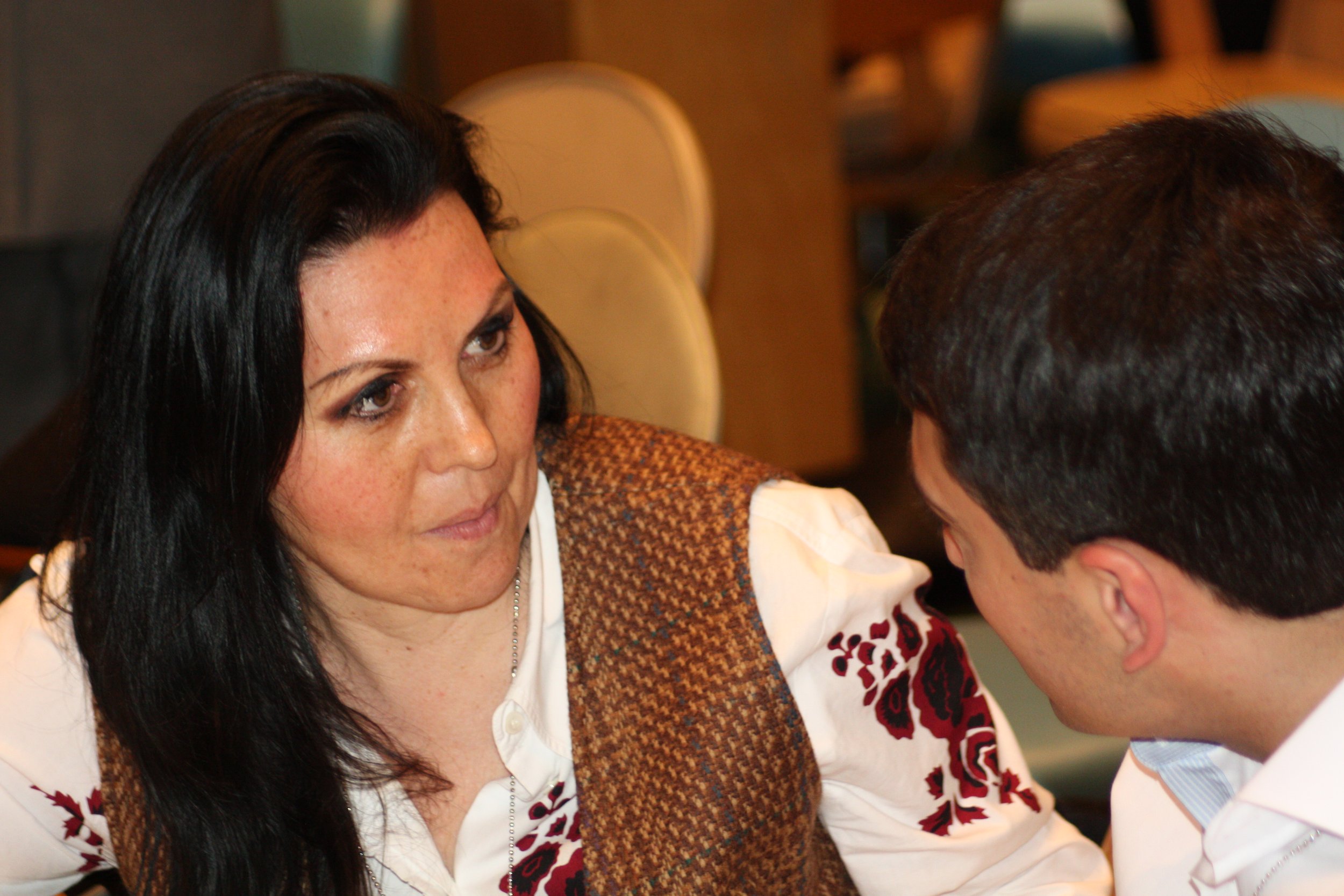
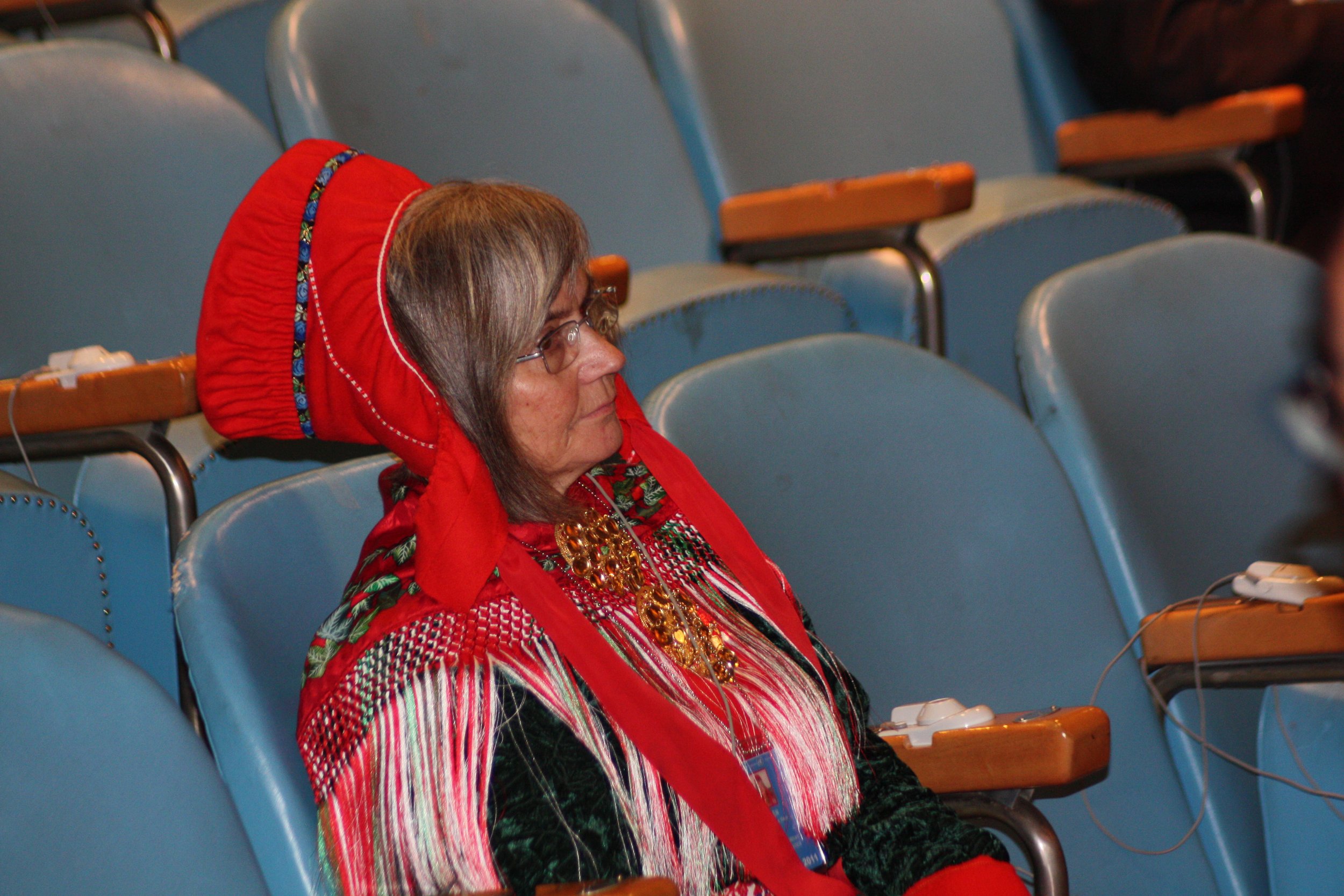
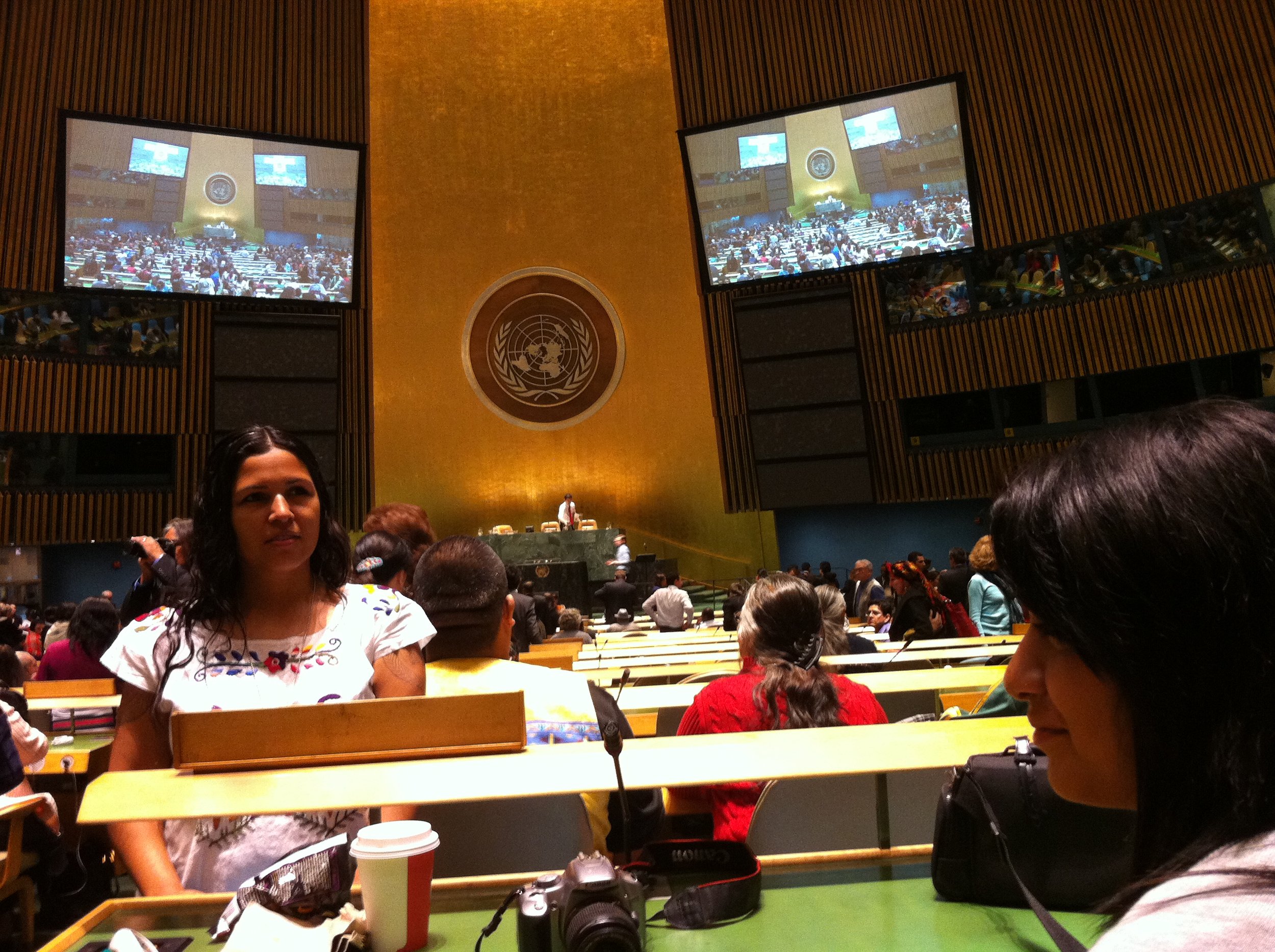
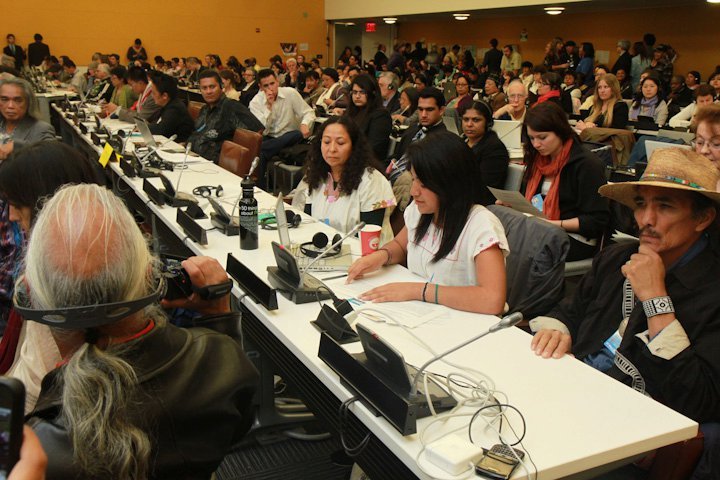
The Nahuacalli as a Cultural Embassy functions at the local-regional and continental-global levels of community engagement in the exercise of self-determination for the Original Nations of Indigenous Peoples of Mother Earth.
Beginning with the First Continental Encounter of Indigenous Peoples in Quito, Ecuador in 1990, TONATIERRA has sustained a continuous organizational commitment and served as a bridge organization for the Indigenous Peoples movement for Self Determination across the hemisphere. The second Continental Indigenous Encounter occurred in Temoaya, Mexico in 1993, and was followed by five continental summits: First Continental Indigenous Summit, Teotihuacan, Mexico 2000; Second Continental Summit Abya Yala Quito, Ecuador 1994; Third Continental Summit Abya Yala Iximché, Guatemala 2007; Fourth Continental Summit Abya Yala Puno, Peru 2009; Fifth Continental Summit Cauca, Colombia 2013.
Throughout this historical trajectory, TONATIERRA has been the singular agency of continuity, documentation, translation, and dissemination of the narrative of the Original Nations of Indigenous Peoples emerging from five centuries of colonization and genocide.
In 1996, we established the Nahuacalli as An Embassy of Indigenous Peoples in the O’otham Jevedg territories of Phoenix, Arizona.
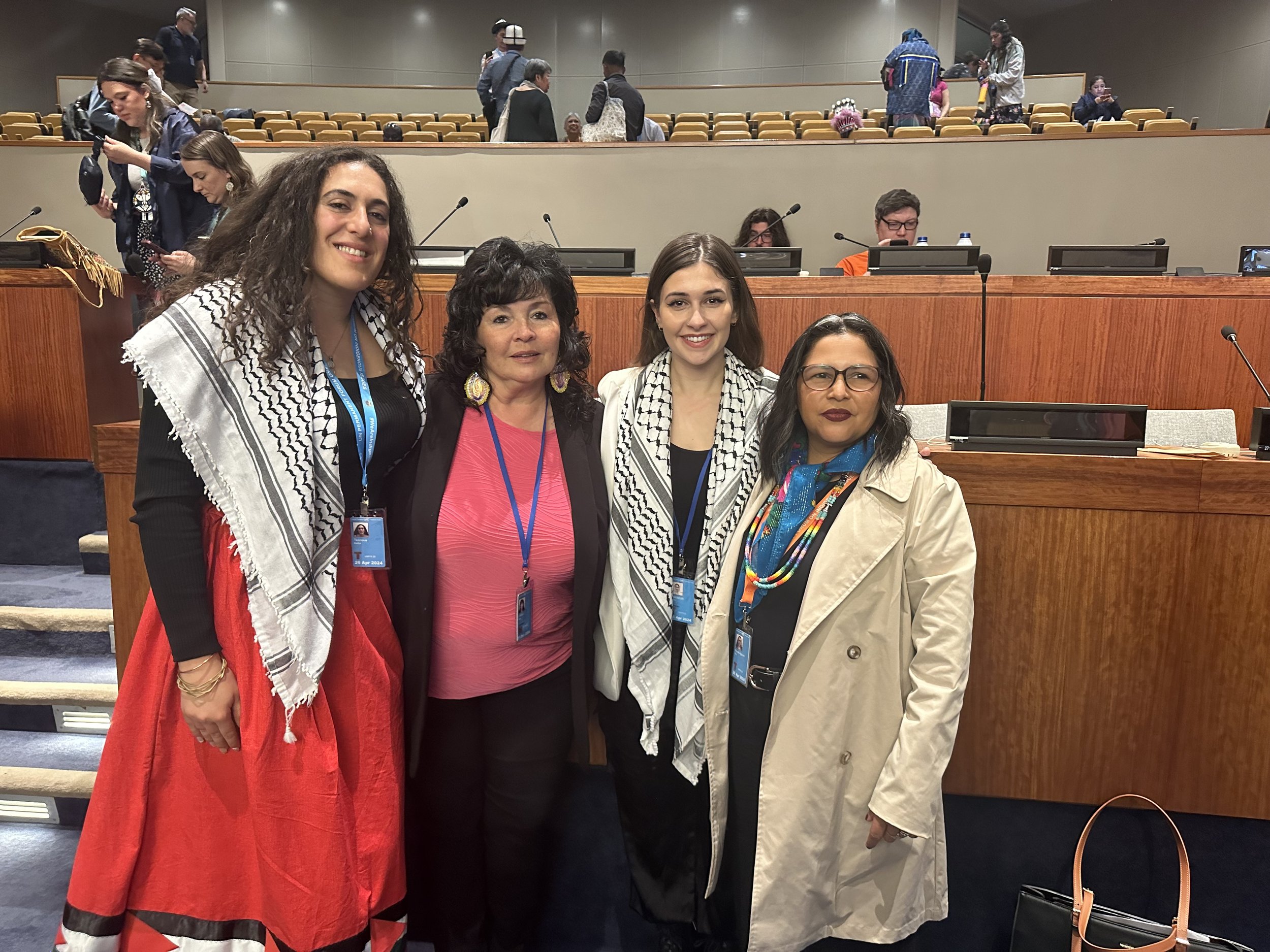
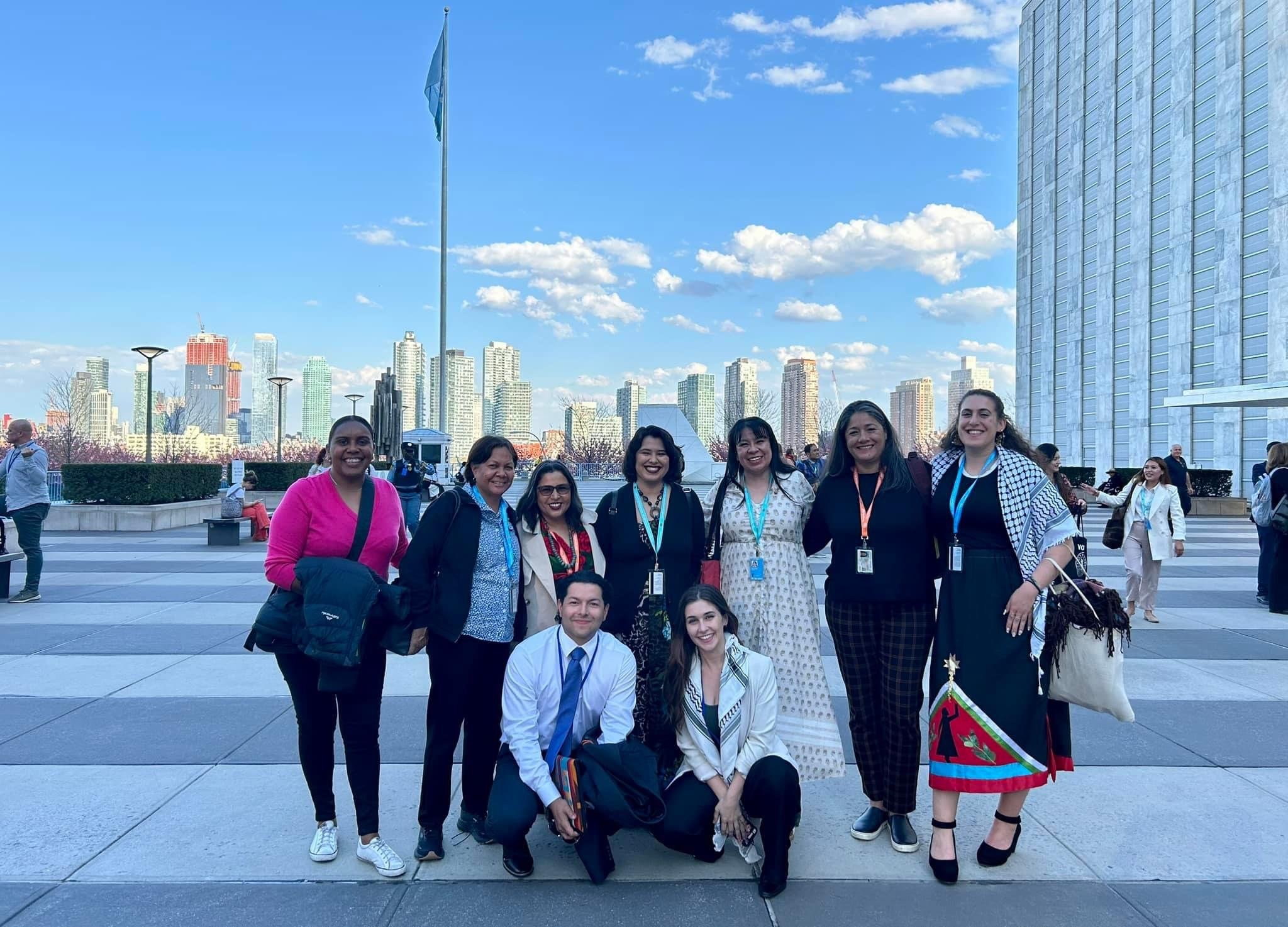
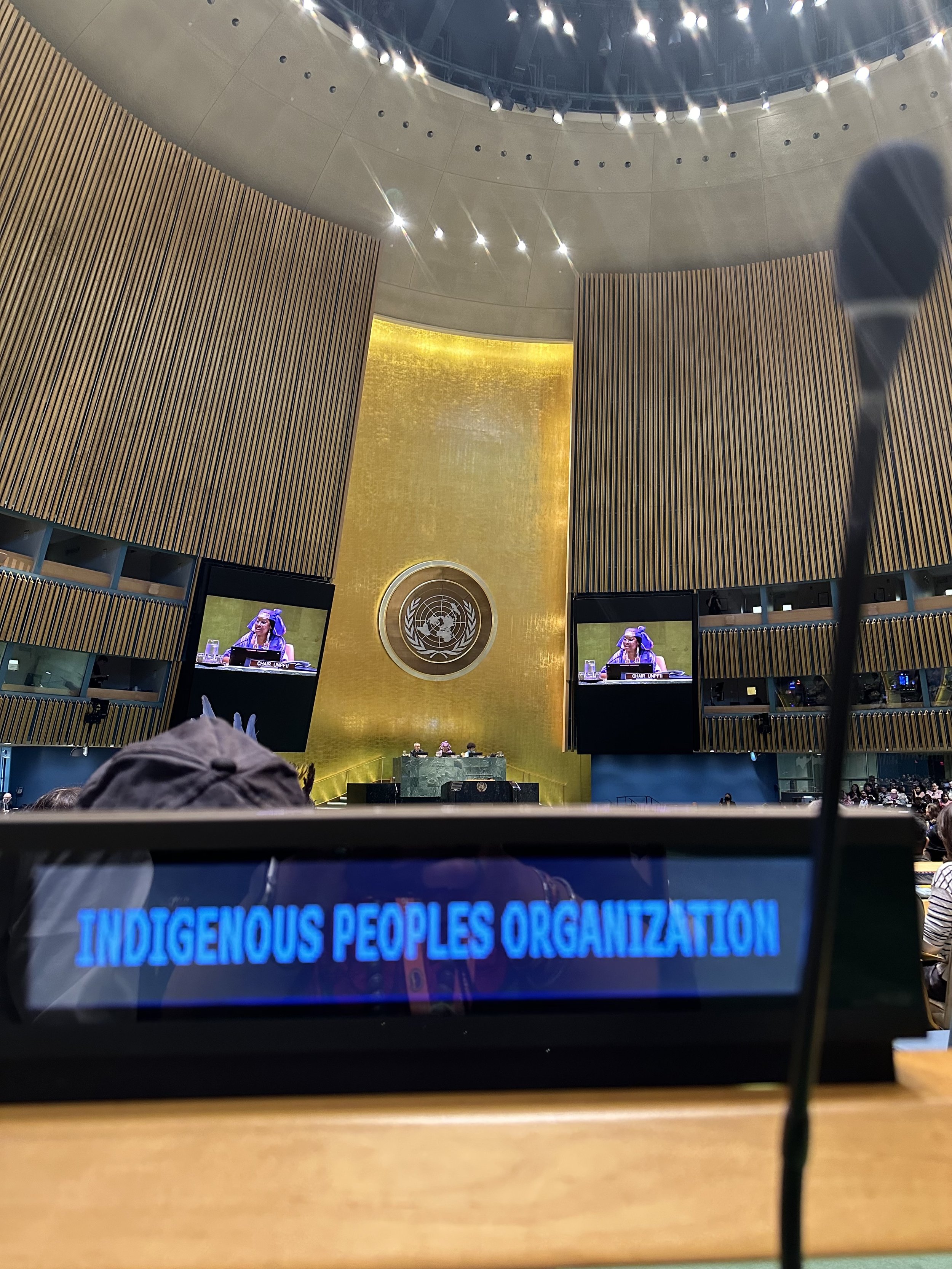
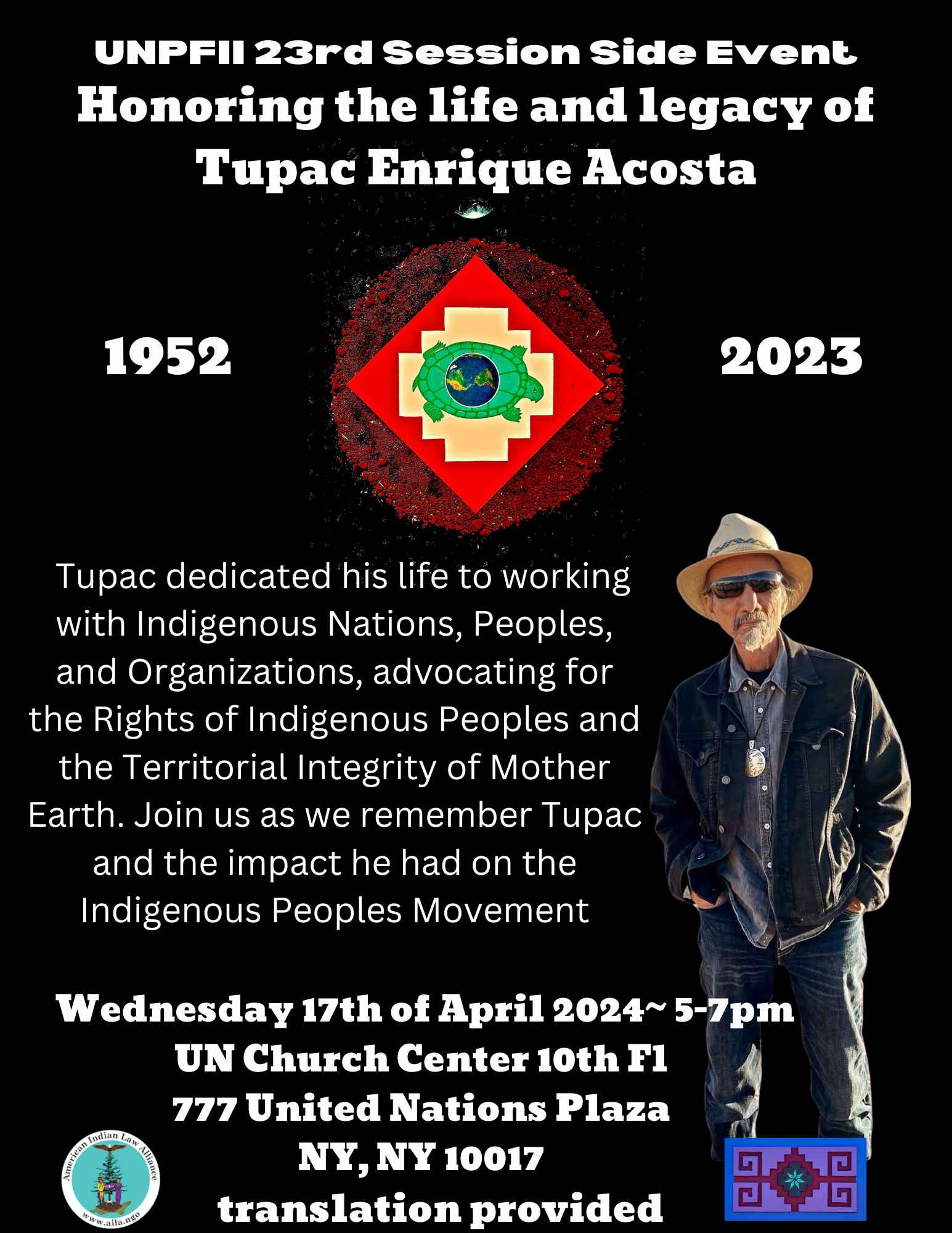

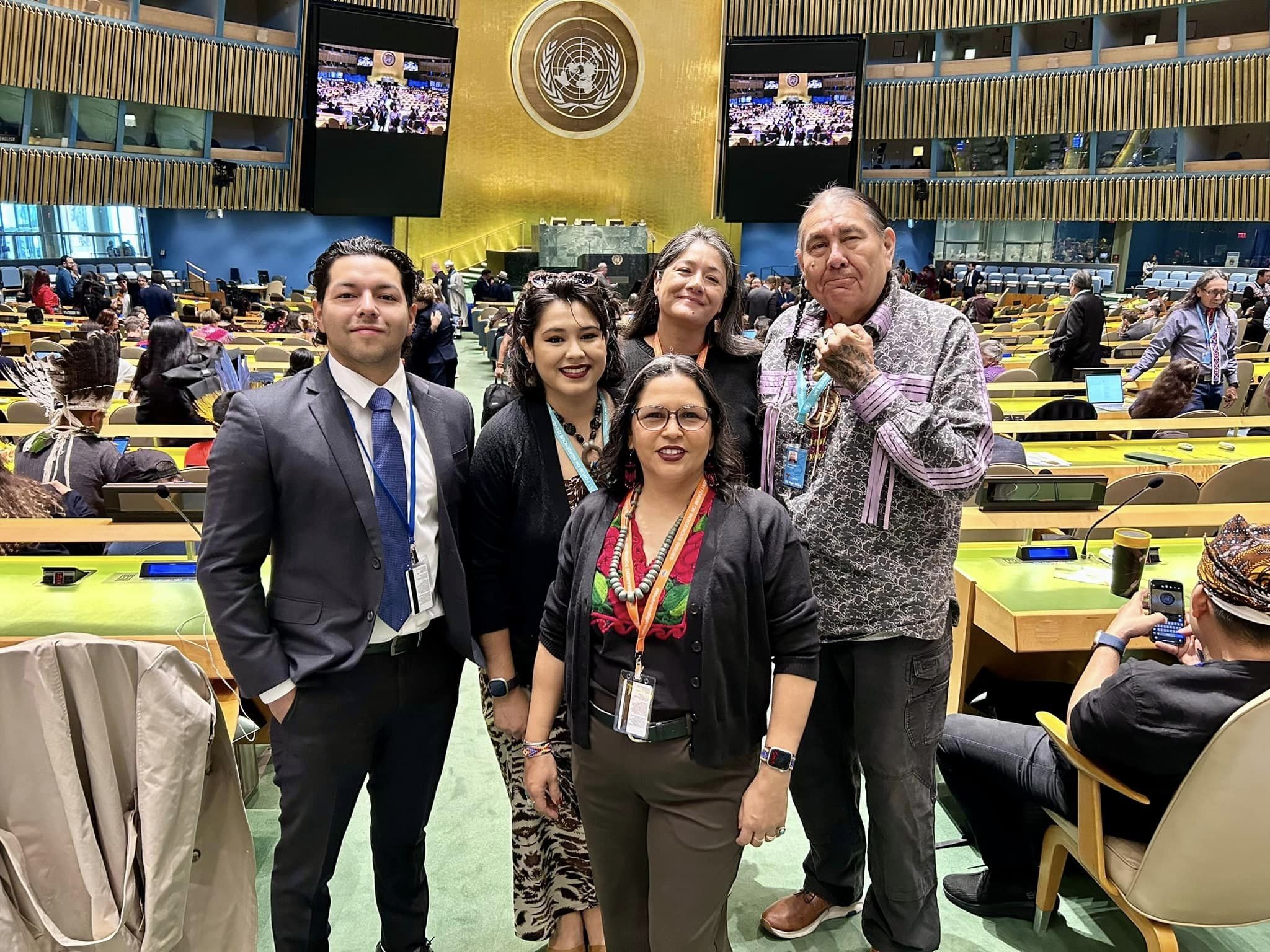
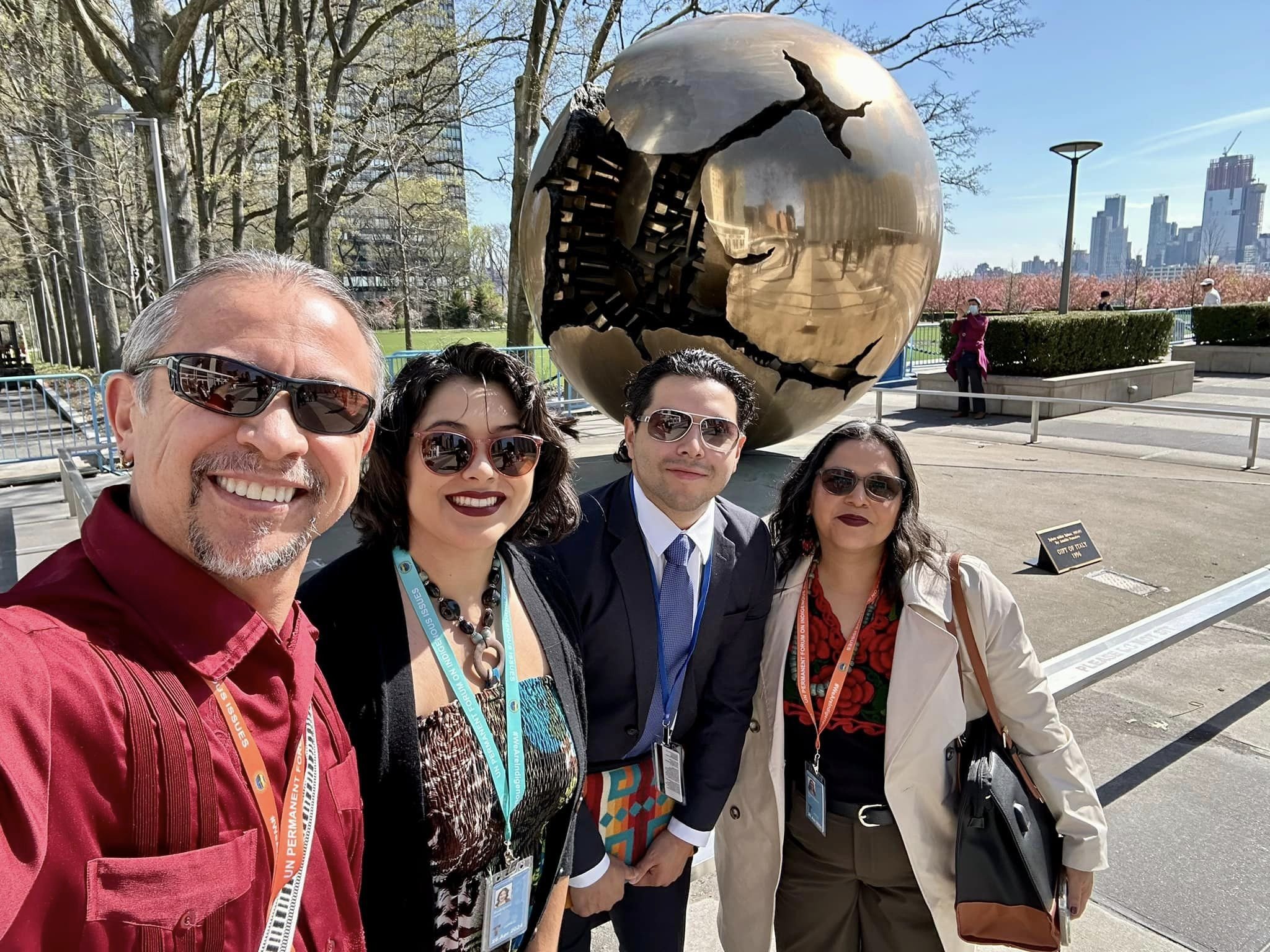
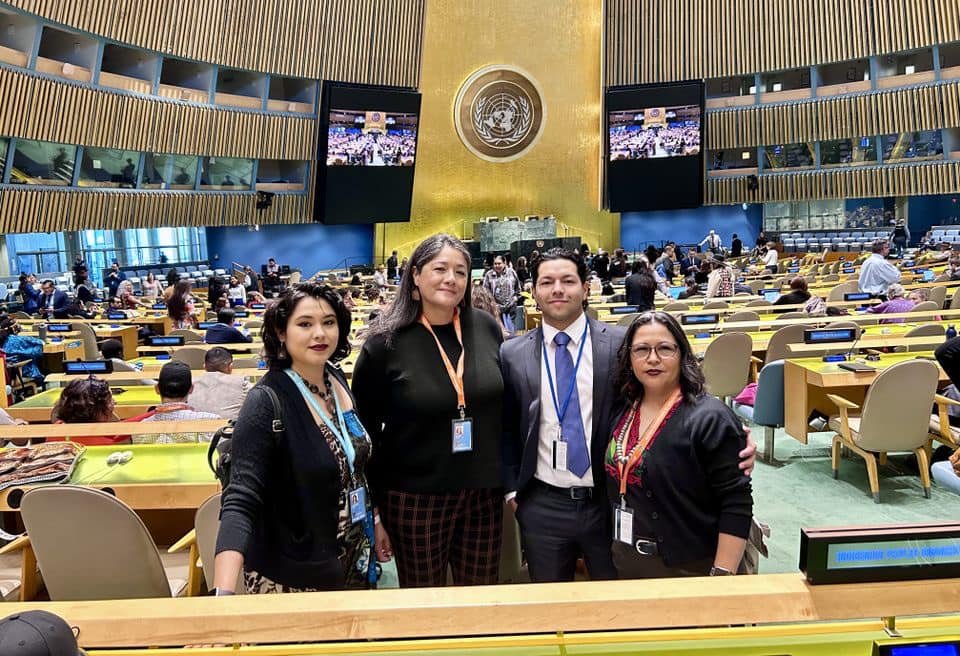
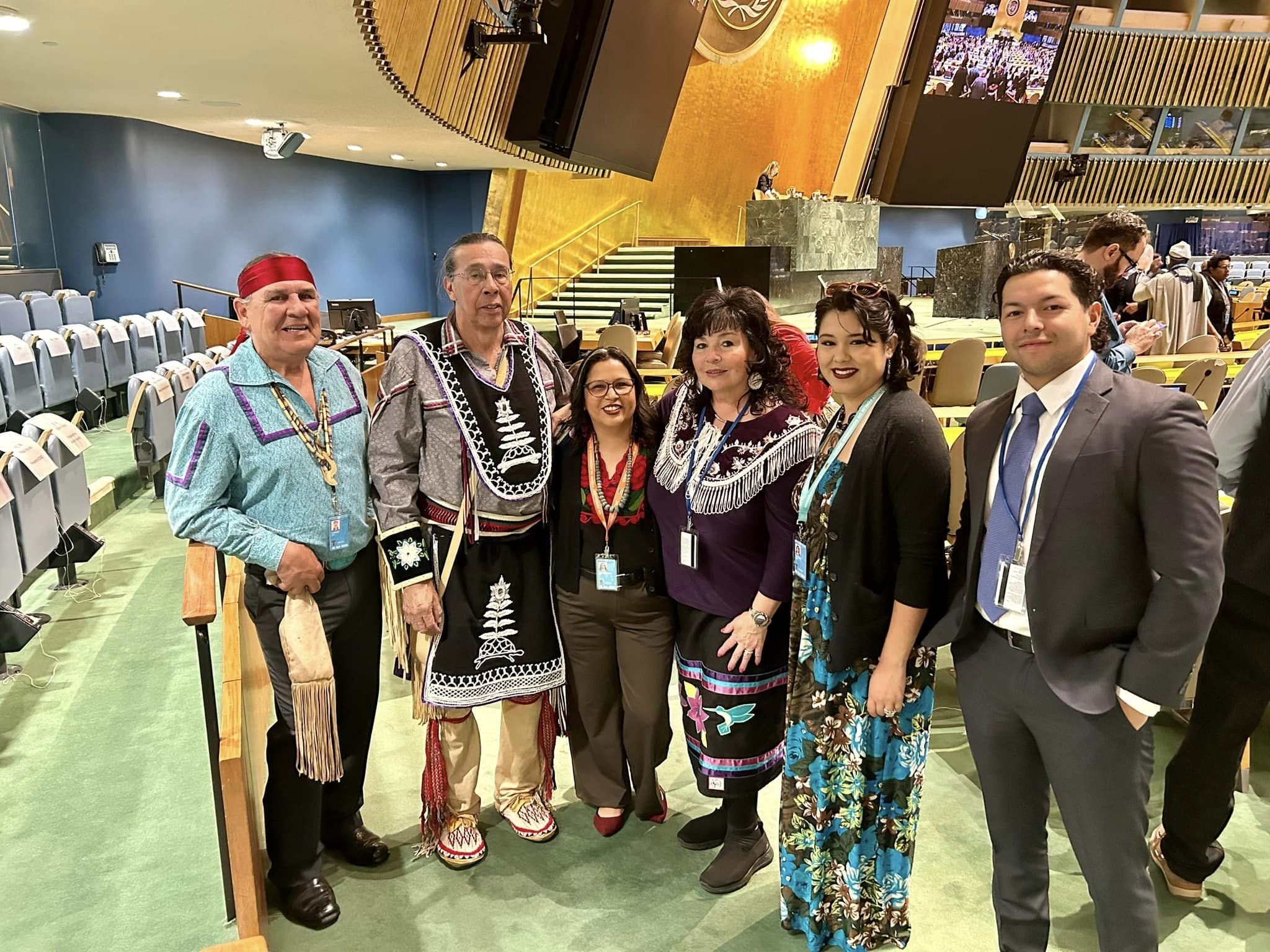
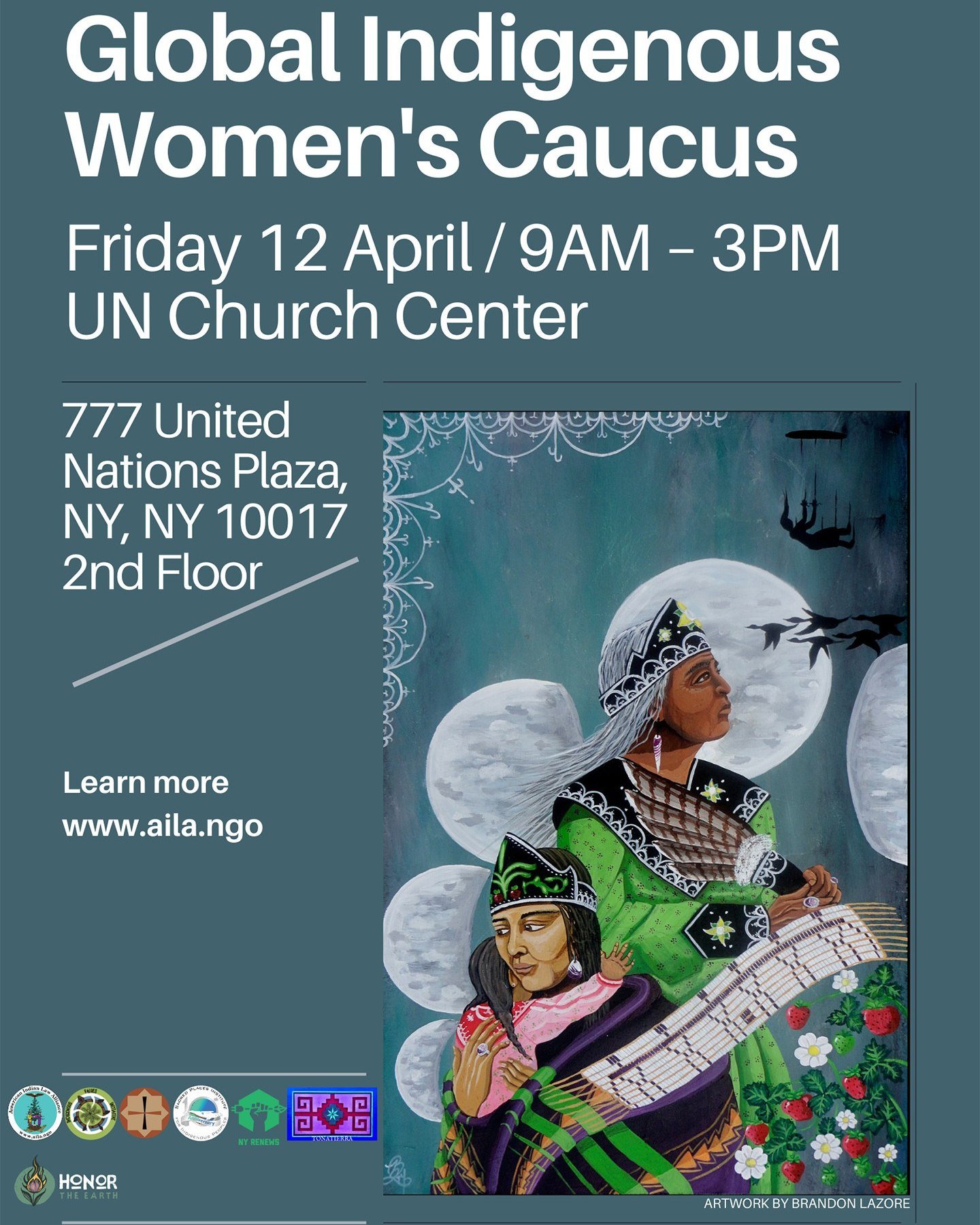
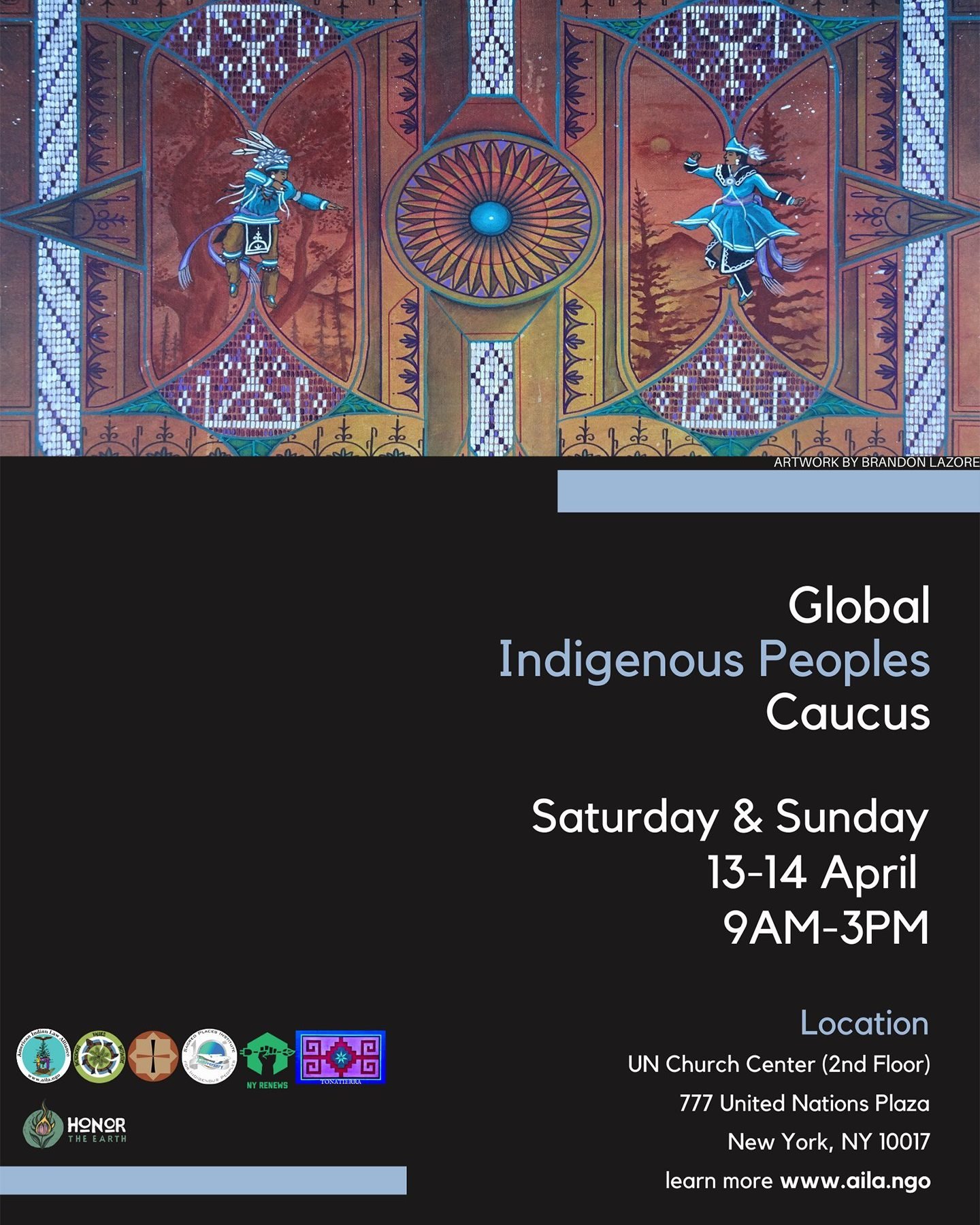
Tonatierra’s delegation to the United Nations 23rd Session of the Permanent Forum on Indigenous Issues.
Tonatierra, an annual co-host for the Global Indigenous Women’s Caucus and the Global Indigenous Peoples Caucus, participated in the 23rd session of the Permanent Forum on Indigenous Issues, taking with us 3 youth participants to learn about, and carry forward, the work we do at the international level. Our youth delegation were proudly represented at the Global Indigenous Youth Caucus, learning about and sharing issues affecting Indigenous youth globally, inline with this years theme of “enhancing Indigenous Peoples’ Right to self-determination in the context of the United Nations Declaration on the Rights of Indigenous Peoples: emphasizing the voices of Indigenous Youth.”
This year Tonatierra and the American Indian Law Alliance, hosted a UN side event to celebrate and honor the life and legacy of Tupac Enrique Acosta. Many of Tupac’s dear friends, and allies gathered to share stories, memories and most importantly, the work that Tupac was instrumental in, and the need for that work to continue on, for the betterment of our future generations.
As an Embassy of Indigenous Peoples, uplifting our collective rights and standing in solidarity with our Indigenous Relatives is crucial to the work we do at the international level. This year we were honored to host a delegation of Palestinian youth, who came to share the story of their people and the ongoing struggle against colonization and genocide subjected to them by a settler colonial state. The participants of the Global Indigenous Women’s and Peoples caucus’ shared their support and solidarity for our Palestine relatives, recognizing them as Indigenous Peoples of their territory who’s land and resources continue to be stripped from them in front of the world. We ensured that their voices were part of our collective statement, calling for an end to the ongoing violence and genocide unfolding in Gaza. Below you will find the statements made by our Palestinian relatives as well as the statements made by both Caucus’. To read Tonatierra’s statement of Solidarity with our Palestinian Relatives click here.
UN PERMANENT FORUM ON INDIGENOUS ISSUES 23rd Session
Statement By: Nadya Tannous
Good afternoon, Masa2 el Kheir. My name is Nadya Tannous, I am a Palestinian from the villages of Yaffa and Lydd. I am here to speak to you about the ongoing genocide against the Palestinian people of Gaza. I am here as a guest with Tonatierra and Honor the Earth.
Three months ago, South Africa brought a case of genocide to the International Court of Justice against the State of Israel. We are now 6 months in, with no enforcement. In this light, we are not coming to the United Nations to petition for our rights. We are here to make our own record.
We recommend the UN ensures the Commission of Inquiry, the Special Rapporteur and other independent Human Rights Monitors, entry into Gaza. My ask is that the U.N. prevent Israel from covering up the genocide so that, if you cannot get us justice - we will have the evidence to take our case to a body that will.
We recommend the World Bank and all UN agencies, programs and entities withhold any funding to corporations, like Chevron and Maersk, that would profit from marine gas extraction in a conflict zone or where genocide is being committed, such as the Gaza Strip, in alignment with the World Bank’s own recommendations from the the One Planet Summit in 2017.
Recognizing that
- Gaza Strip is 25 x 8 square miles and is home to 2.4 million Palestinians
- 1.2 million of them are children.
- 1 in 3 people are facing famine.
- 80% of the world’s most hunger-ravaged people live in the Gaza Strip, and our
hunger is a man-made catastrophe.
- The Gaza Strip has been constantly bombarded with American and German
made weaponry since October.
- As of December, Israel dropped more than 3 times what was dropped on
Hiroshima in 1945 and utilizes illegal weapons of war such as white phosphorus
and cluster bombs.
- The result is 35,000+ killed, thousands missing under the rubble, and 80,000
people critically injured.
- Hundreds of children have been kidnapped by Israeli soldiers and have not been returned.
- Of the 10,000 people who are incarcerated inside of Israeli jails, many of them are children who have been tortured. Israel is the only country in the world with a military court for children.
- The mass grave found at Al-Shifa hospital complex counted hundreds of patients with catheters and medical equipment still attached to them because they were executed while still in their hospital beds.
Additionally
We recommend advancing the investigation into the State of Israel of Genocide against the Palestinian people.
Furthermore, I would like to reiterate that Palestinians have the right to defend our homeland from occupation according to the United Nations General Assembly Resolution 37/43.
We recommend the provisional measures from the ICJ ruling to “protect against further, severe and irreparable harm to the rights of the Palestinian people under the Genocide Convention” and “to ensure Israel’s compliance with its obligations under the Genocide Convention not to engage in genocide, and to prevent and to punish genocide”.
We recommend the reinstatement of funding for UNRWA by nation states and also to be able to operate across all of Gaza. We recommend that the World Food Programme is allowed safe access inside of Gaza to reach those in dire need of life-saving assistance.
We uplift the call for an Immediate Ceasefire, citing the Special Rapporteur on Genocide, the ICJ and UN Member States.
I’m calling on you in the room as sovereign nations to follow in the footsteps of South Africa and utilize the highest court of the United Nations, the ICJ.
Our demands remain the same : self-determination for the Palestinian people, the right of return of Palestinians to our homeland, the freedom for all political prisoners and a Palestinian homeland from the River to the Sea.
United Nations Permanent Forum on Indigenous Issues 23rd Session April 15-26, 2024
Statement from the Global Indigenous Women’s Caucus
Madame Chair, Esteemed Members of the Forum, distinguished representatives of Indigenous Nations, member-states, Indigenous Relatives of the world, on behalf of the Global Indigenous Women’s Caucus (GIWC) we are committed to ensuring that our collective voices are heard and uplifted. Collectively, we are in agreement that the issues affecting Indigenous Women, and all Indigenous Peoples have systematically worsened since the adoption of the UN Declaration of the Rights of Indigenous Peoples in 2007. As Indigenous Women, we have a sacred relationship to our lands, territories and waterways. The proposed solutions by Member States and UN Agencies to address climate change are nothing more than false solutions that further threaten the lives and livelihoods of all Indigenous Peoples. Member States and UN Agencies in partnership with Indigenous Peoples must do more to address the ongoing issues, in all of the six mandated areas of the Permanent Forum in order to meet the goals of the 2030 Agenda for Sustainable development.
The GIWC strongly condemns the violence and genocide currently happening against the people of Gaza, in particular the violence against Indigenous Palestinian Women and children which is a clear violation of the Fourth Geneva Convention. Furthermore, we are extremely concerned about the effects of war and the ongoing humanitarian crisis that continues to take countless lives of Palestinian people which includes the lives of 13,370 Indigenous Palestinian children. As mothers of our future generations we find this unacceptable. Therefore we make the following recommendations:
In accordance with the International Court of Justice’s emphasis that the State of Israel remains bound to fully comply with its obligations under the Genocide Convention and with the said Order, including by ensuring the safety and security of the Palestinians in the Gaza Strip.” We reaffirm that Palestinians constitute a distinct “national, ethnical, racial or religious group”, and hence a protected group within the meaning of Article II of the Genocide Convention. Palestinians in Gaza are part of this protected group.
We uplift the call for an Immediate Ceasefire, citing the Special Rapporteur on Genocide, the ICJ and UN Member States. We call on the World Bank and all UN agencies, programs and entities to withhold any funding to corporations, like Chevron and Maersk, that would profit from marine gas extraction in a conflict zone or where genocide is being committed, such as the Gaza Strip, in alignment with the World Bank’s own recommendations from the the One Planet Summit in 2017.
We reaffirm the International Court of Justice’s demand that Israel must also take effective measures to prevent the destruction and ensure the preservation of evidence related to allegations of acts within the scope of Article II and Article III of the Genocide Convention against members of the Palestinian group in the Gaza Strip.
In regards to the issue of environment, we call upon the Permanent Forum to strongly recommend the United Nations Framework Convention on Climate Change, the Convention on Biological Diversity, the International Monetary Fund and the World Bank, for a Moratorium on all carbon markets and offsets as enshrined in Article 6 of the Paris Agreement including carbon dioxide removals like carbon capture and storage, forest, soil and ocean offsets, nature-based solutions, biodiversity offsets and other geoengineering technologies.
We call on UNEP, IPCC, and the World Bank, to conduct a study on the impact war has on the environment and to develop a mechanism to identify Global military forces as a polluting party in order to uphold stricter regulation on global sources of pollution such as war, mineral and oil extraction and chemical waste.
Uplifting the Permanent Forums recommendation from the 22nd session (Paragraph 92) calling upon UNESCO, including its Intergovernmental Committee for the Protection of the World Cultural and Natural Heritage, to step up its policies, safeguards and actions on the protection of Indigenous Peoples’ tangible and intangible cultural heritage and further call for the protection of Indigenous Peoples removal from their lands and territories in the name of false “Greening Economy, Nature based solutions” with out their free prior and informed consent.
On the issue of violence against Indigenous women and girls, including those who are lesbian, bisexual, transgender, and intersex (LBI), we Reaffirm the Permanent Forums Recommendation (paragraph 19) from the 22nd Session uplifting the “accessibility of General Recommendation No. 39 to Indigenous Peoples is crucial to ensure its effective implementation and impact on the ground.” We highlight the need for “its translation into Indigenous languages spoken by Indigenous Peoples in their States before the end of 2032.” We further call for the assurance of the safety and protection of indigenous Peoples from all forms of violence and harassment when engaging in the complaint processes and procedures.
In regards to health, we welcome and applaud the Political Declaration on HIV and AIDS adopted by the General Assembly in 2016 and uplift recommendation 16 from the Permanent Forums 16th session that calls of states to collaborate with Indigenous Peoples to ensure adequate resources to design and fully implement HIV/AIDS and hepatitis B & C programmes that address the social, economic and cultural determinants of health for HIV prevention, care and treatment in Indigenous populations, in particular Indigenous Women and Youth. The GIWC further calls upon Member States and UN agencies to ensure full effective and meaningful participation of Indigenous Peoples in all decision making processes in regards to the eradication of HIV and AIDS.
Recalling the recommendation from the Permanent Forums 17th (paragraph 49) session, we reaffirm the call for states to support Indigenous Midwifery via state policy and integration and to end the criminalization of Indigenous Midwifery and make the necessary legislative and regulatory amendments to legitimize Indigenous Midwives. We call upon the UNFPA and WHO to work with Member States to ensure these policies are implemented but with the full and meaningful and effective participation of Indigenous Women.
As Indigenous Women, we have the inherent responsibility to ensure a future, for our generations to come. Thank you
UN Permanent Forum on Indigenous Issues, 23rd Session April 15th - 26th, 2024
Statement on behalf of Global Indigenous Peoples Organizations preparatory meeting
April 12th-13th and 14th, 2024, at the UN Church Center.
Preamble
On 13 and 14 April 2024, Indigenous Peoples from around the world gathered for the Global
Indigenous Peoples Caucus. This statement reflects the issues and concerns raised at that
time. The following recommendations were informed by the statements made at the 2024 GIPC
preparatory meetings.
Environment
The implementation of the “Kunming-Montreal Global Biodiversity Framework,” target 3 (known
as “30 by 30”) must reflect the realities of UNDRIP articles 15&26.
This includes areas designated as UNESCO World Heritage sites, NGO’s conservation efforts,
and green energy projects. Impacted areas must be legally demarcated so that Indigenous
Peoples can exercise their right to access and utilize those lands and resources and their
responsibilities for ecological protection. Mining for “transitional” minerals portrayed as
necessary for “green energy,” such as lithium, cobalt, and uranium has allowed a continuation of
colonial environmental policies to masquerade as solutions.
Culture:
We refer to UNDRIP Articles 11.1, 12.1 which provide protection for Indigenous peoples to
practice, preserve, and maintain our language, culture, and spiritual traditions. Our languages,
knowledge, and culture are intertwined with one another. In order to preserve our Indigenous
lifeways, we need to preserve our languages. We must preserve our languages for future
generations. Educational support is vital for language revitalization.
Education:
Based on Article 14, we recommend that educational systems and institutions work in strict
cooperation with and under the guidance of Indigenous educators identified by our Nations and
communities to teach where Indigenous histories originate, the enormous diversity and the
extraordinary cultural insights and lifeways we bring to the world. Likewise, we recommend all
educational institutions make it standard practice to teach the devastating histories against
Indigenous peoples that followed the colonial invasion, including the Doctrine of Discovery, and
genocidal institutions, such as residential schools and boarding schools.
Many other factors contribute to our Indigenous students not learning, feeling secure and
participating in the existing educational system. Thus, we recommend consistent healthy meals
in school, comprehensive mental health services and support for traditional healers to address
generational traumas, substantial salary incentives for teachers to stay in schools serving
Indigenous youth and accommodations for our youth to participate in cultural activities outside
of school such as traditional ceremonies, powwows, and hunting activities.
Health & Human Rights
Midwives
Traditional Indigenous midwives should be permitted to practice their traditional healing.
Supporting Indigenous midwives and traditional Indigenous medical knowledge is a vital
element of upholding UNDRIP Articles 23 and 24.1&2.
Palestine
We recommend and reaffirm that the Palestinians constitute a distinct “national, ethnical, racial
and religious group” and hence a protected group under Article II of the Genocide Convention.3
Palestinians in Gaza are part of this protected group. We reaffirm the International Court of
Justice’s demand that Israel must also take effective measures to prevent the destruction and
ensure the preservation of evidence related to allegations of acts within the scope of Article II
and Article III of the Genocide Convention against members of the Palestinian group in the
Gaza Strip. Prevent the commission of all acts within the scope of Article II of this Convention, in particular:
3(a) killing members of the group; Per Recommendation 2.63: Indigenous perspectives on health in UN organizations »
Protection for Land Defenders 3 Convention on the Prevention and Punishment of the Crime of Genocide.
4 General Assembly Resolution 77/247 on December 30, 2022.
As was stated at the opening of the UNPFII this year and affirmed by the World Bank.
Indigenous peoples protect 80% of the world's remaining biodiversity. Indigenous traditional
environmental knowledge is a vital element of protecting our Mother Earth. UNDRIP Article 25
emphasizes our distinctive spiritual relationship with our Indigenous territories. Additionally,
UNDRIP Article 29 sections 1&2 reminds member states that they cannot store or dispose of
hazardous materials on Indigenous lands without our free, prior, and informed consent.
We call for an immediate halt to the assassination, violence, and death threats against land and
water defenders... We ask the OHCHR to create a monitoring and enforcement mechanism for
the protections provided in UNDRIP Articles 8.2b para. 52 & 10. Indigenous Human Rights
defenders and Land and Water Protectors must be protected.
Inclusion of Two-Spirit, Gay, and Queer-Gendered Identity Categories
We request that the UN be consistent in its language, especially in CEDAW/C/GC/39, and refer
to LGBTIQ2S+ as is done in CEDAW para. 60 and more accurately include the diverse range of
identities applicable to Indigenous women and girls—particularly in view of the fact that some
Indigenous languages have complex terms for genders and sexualities that are not reflected in the
six main UN languages. We would like to remind the permanent forum of Indigenous peoples
inherent right to self determination and peaceful existence (UNDRIP Articles 3 and 7)
Economic and Social Development
For most Indigenous Peoples, there is little or no recognition of their status as such by the State,
let alone protection of their human rights. Land loss is an underlying cause of Indigenous
Peoples’ extreme poverty and our very survival. We call on the UN system and States to
progress and implement the 17 Sustainable Development Goals aligned with the realization of
the basic right of Indigenous Peoples’ self-determination.
A healthy environment is fundamental to sustainable economic development, yet corporations’
extractive activities continue to be a relentless threat to Indigenous Peoples’ lands and
resources, lives, and wellbeing. We call for all States to, with the FPIC of Indigenous Peoples,
implement with urgency effective Business and Human Rights National Action Plans, including
meaningful enforcement.5 We urge States to take a whole of government, UNDRIP-compliant
approach to child and youth Welfare.
Artificial Intelligence
Artificial Intelligence poses multiple threats to Indigenous Peoples’ artistic works. We call on the
UN High-Level Advisory body on Artificial Intelligence to ensure, in the development of their National action plans on business and human rights, recommendations for the international governance of AI, compliance with the UNDRIP. In
particular, this must include active protection (1) of Indigenous Peoples’ control over, access to,
use of and equitable benefitting from their artistic works, and (2) from “data mining” and
misappropriation of Indigenous Peoples’ historical and other information without their FPIC.
Recommendations
1. UNDRIP be raised to the level of a convention to ensure the inherent rights of
Indigenous Peoples, including the right to Free, Prior, and Informed Consent
(A/HRC/EMRIP/2019/3/REV.1; A/HRC/39/62).
2. UNDRIP articles 15 and 26 remind everyone of this relationship. The
“Kunming-Montreal Global Biodiversity Framework,” target 3 (known as “30 by
30”) designates 30% of our biodiversity for protection; however, in light of the
realities of UNDRIP articles 15 and 26, it is imperative that we meet or exceed
these percentages.
3. We are asking the UNPFII to strongly recommend the United Nations Framework
Convention on Climate Change, the Convention on Biological Diversity, the
International Monetary Fund and the World Bank, for a Moratorium on all carbon
markets and offsets as enshrined in Article 6 of the Paris Agreement including
carbon dioxide removals like carbon capture and storage, forest, soil and ocean
offsets, nature-based solutions, biodiversity offsets and other geoengineering
technologies.
4. We call upon the UNPFII to follow up on the Sixteenth Session’s
recommendation “that national and transnational corporations adhere to the
United Nations Guiding Principles on Business and Human Rights in order to
ensure the protection of the rights of Indigenous human rights defenders”
1(Session 16 p. 077).
5. Recalling the Permanent Forum’s recommendation to develop a guide for
Member States to fulfill their international obligation to consult with and obtain the
free, prior, and informed consent of Indigenous peoples in accordance with the
standards established in the UNDRIP (UNPFII session 15, p. 030).
6. Remembering UN DESA Policy Brief No. 151, we call for additional protections
around Indigenous languages.
7. Indigenous Peoples' Traditional Medicine, Midwifery, Knowledge continue to be
co-opted by Multinational Corporations. We uplift the Permanent Forum's call to
the Member States in its 15th Session, paragraph 44, to develop legislative
measures with the full and effective participation of Indigenous Peoples to protect
traditional midwives, medicine, and knowledge and to secure the rights of
Indigenous Peoples to intellectual property rights.
8. We request that the UN be consistent in its language, especially in
CEDAW/C/GC/39, and refer to LGBTIQ2S+ in a consistent manner. Expanding
the acronyms used by the Committee to more accurately reflect the diverse
range of gender and sexual identities that are not reflected in the six main UN
languages.
9. We call upon the United Nations Office of the High Commission on Human Rights
(OHCHR) to further the monitoring, reporting, and enforcement mechanisms for
Indigenous communities, following up on UNDRIP Articles 8, 22, & 43. CEDAW/C/GC/39
is an important first step but more needs to be done. Welcoming the UNPFII’s
recommendation that this mechanism addresses the issue of missing and
murdered Indigenous Women, ensuring full protection. Calling on EMRIP to
address the issues of Indigenous Peoples who are disappeared, murdered, and
persecuted for speaking out against Member States.
10. We call for the Universal Declaration of Human Rights, GA Resolution 217A, to
be applied as a common standard to all nations and peoples, including the rights
of Palestine and its peoples.
